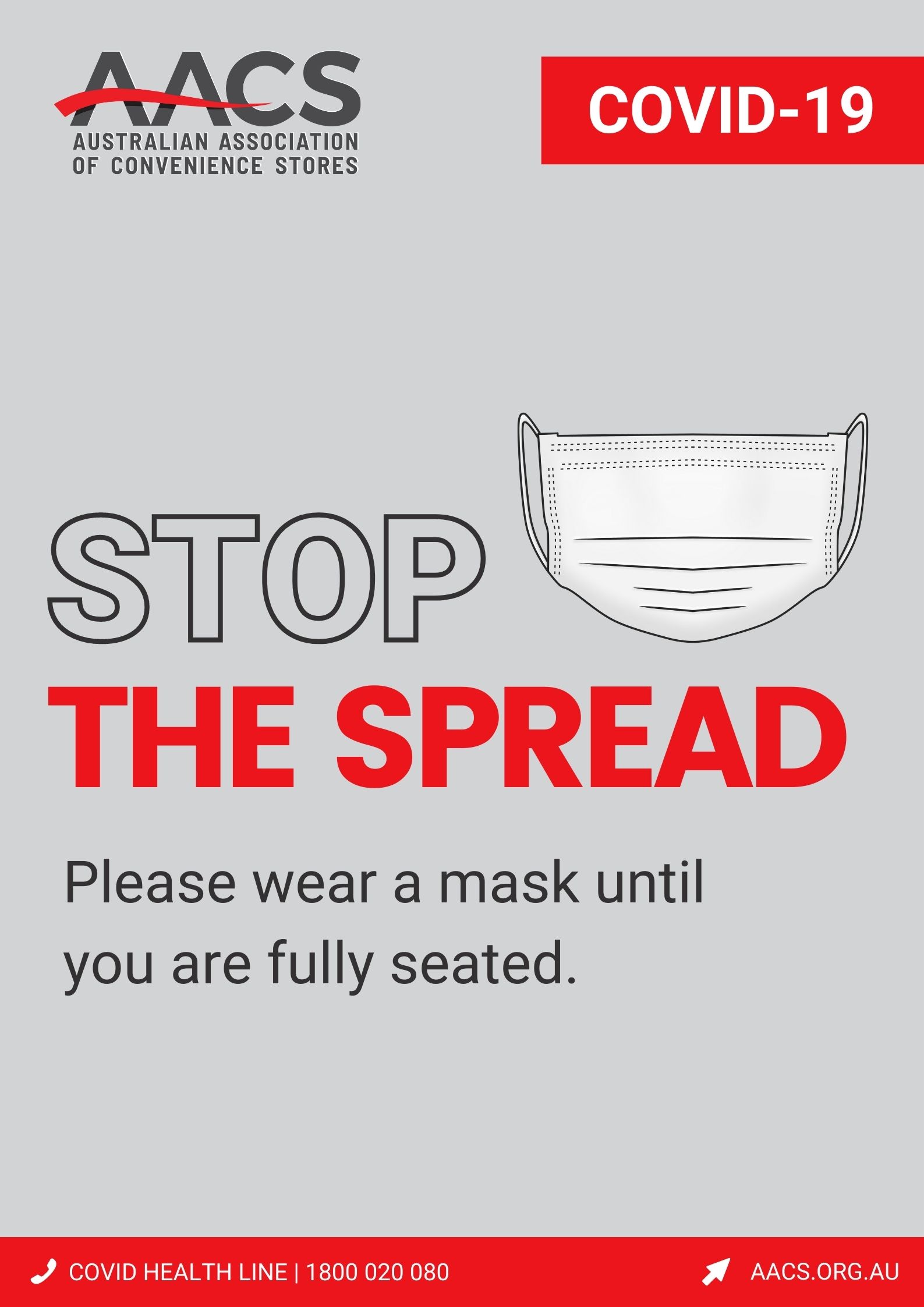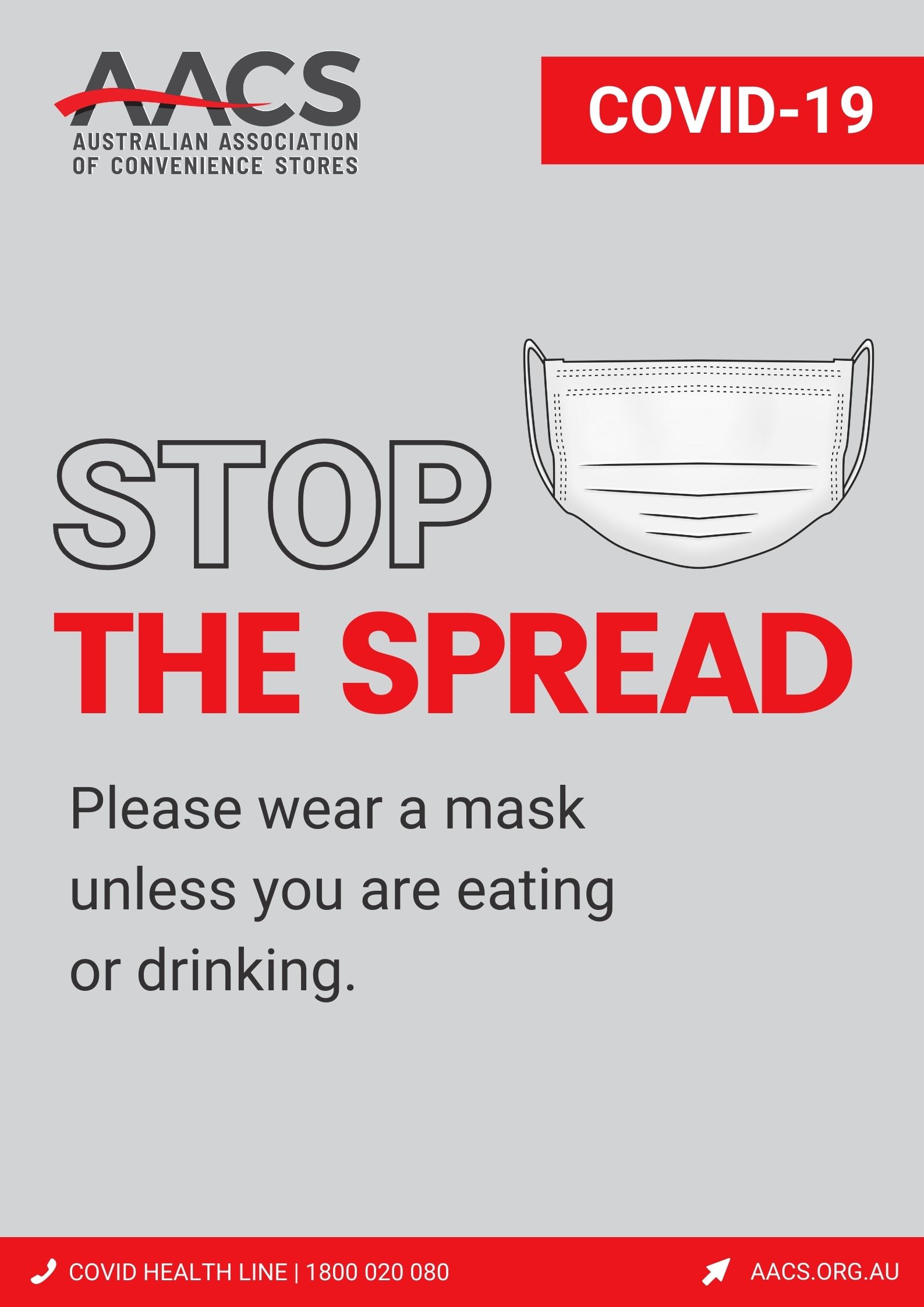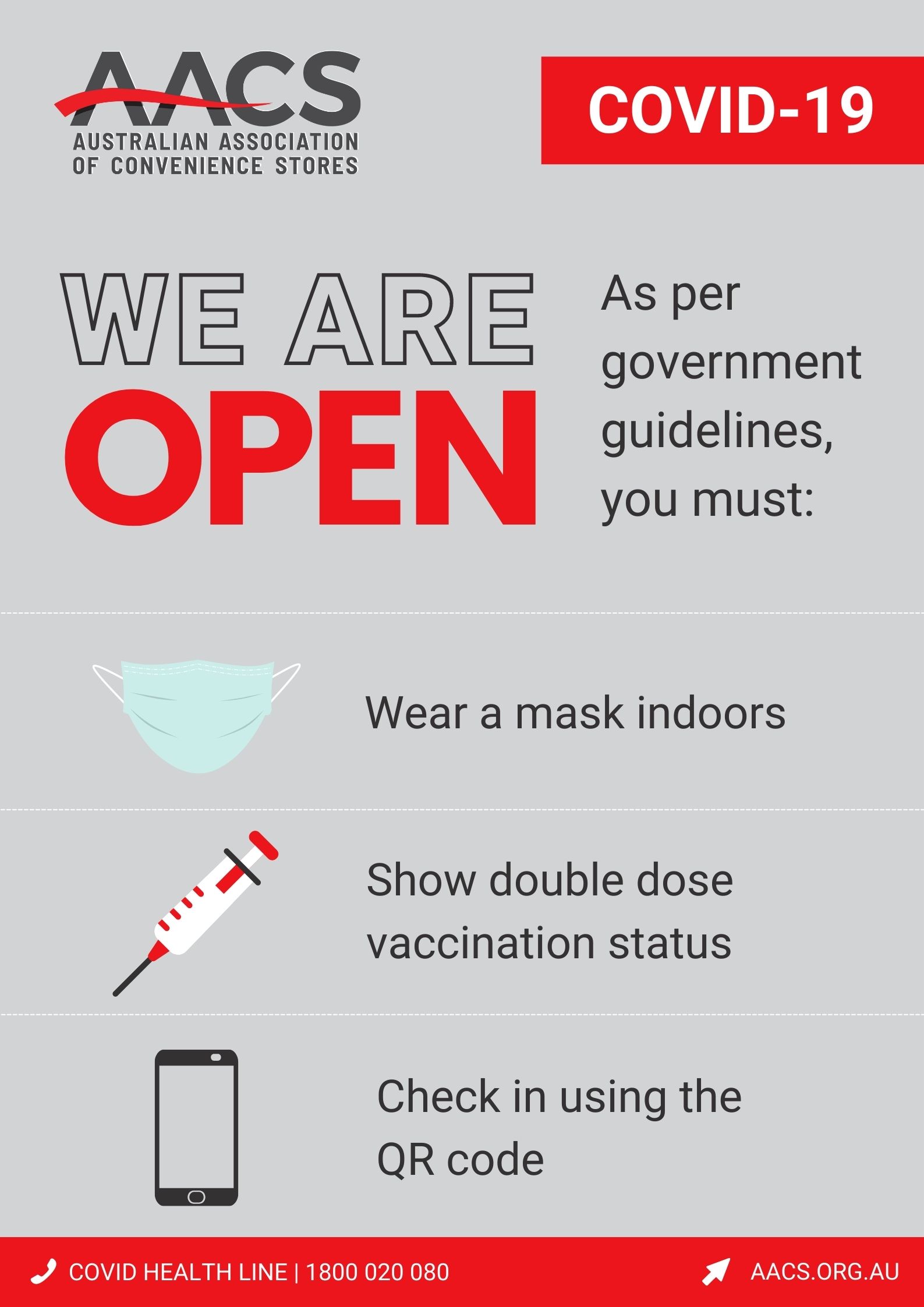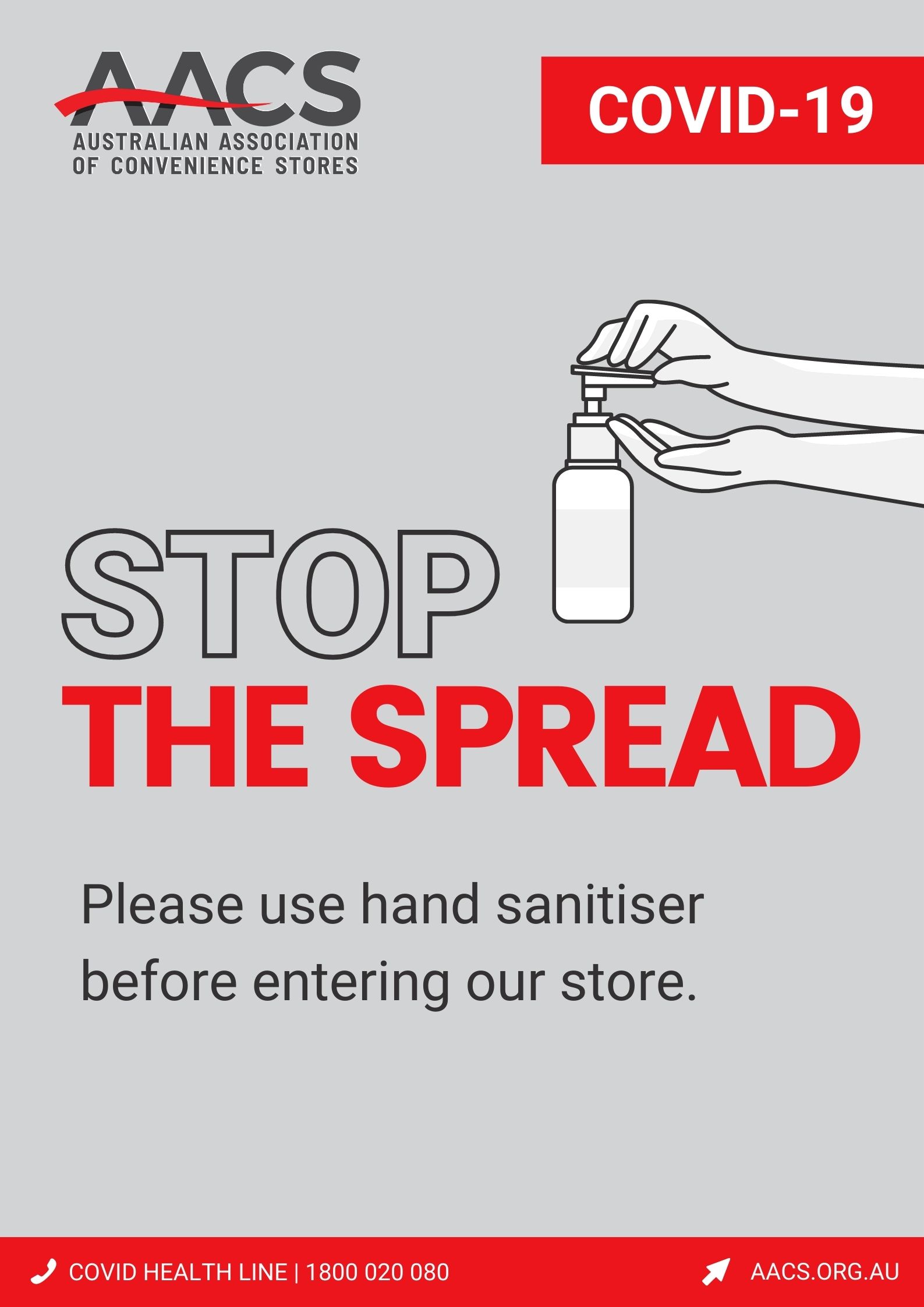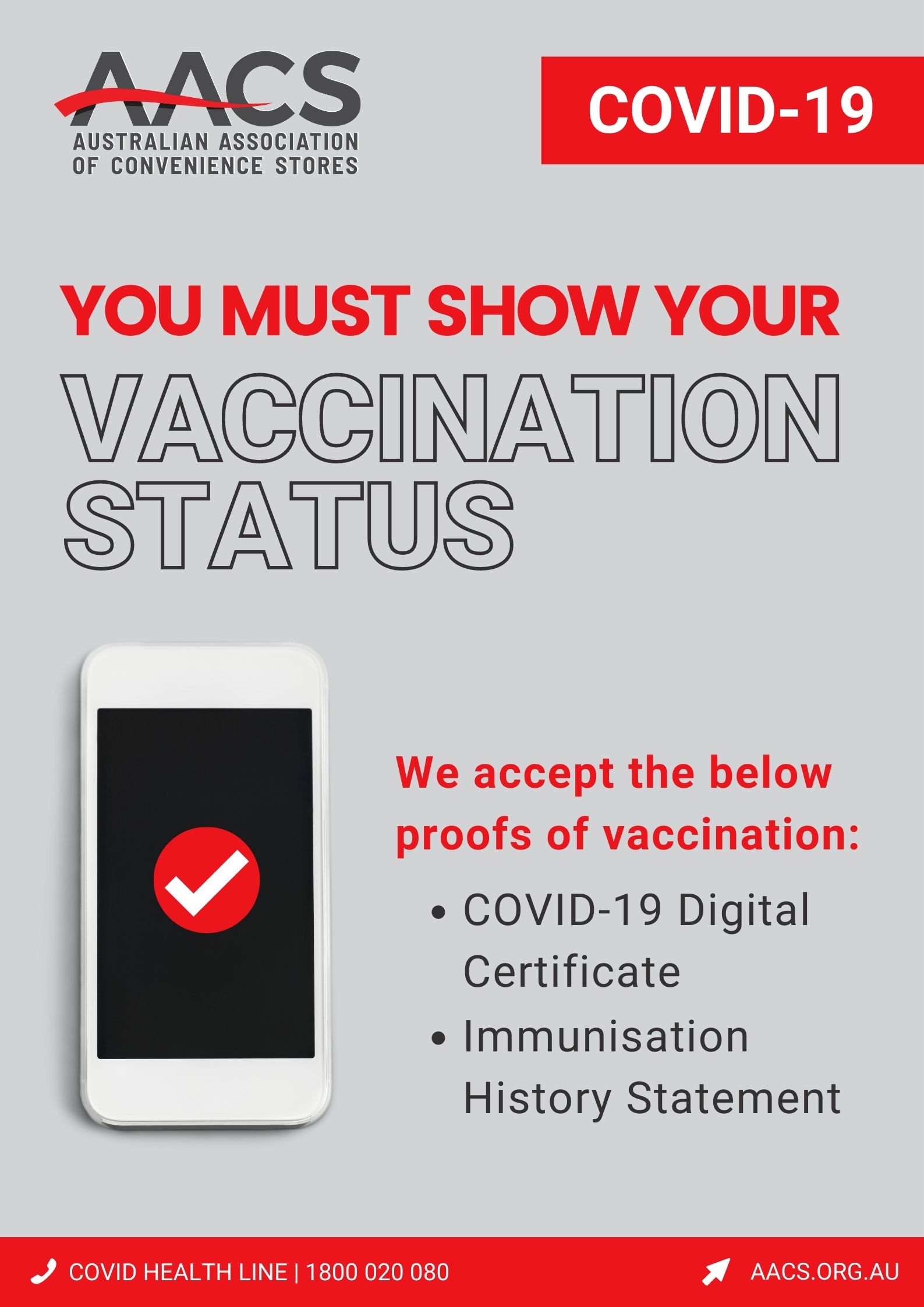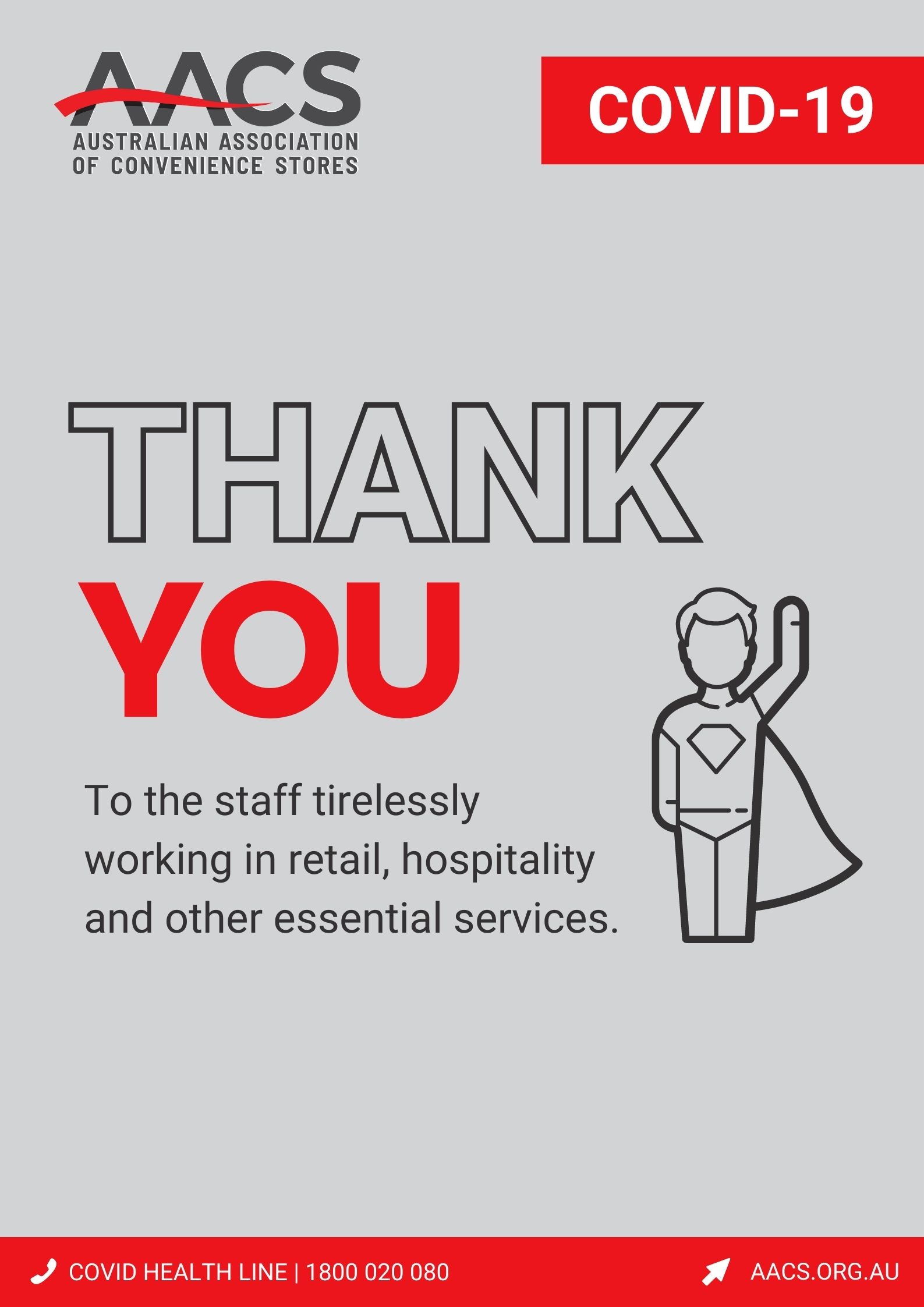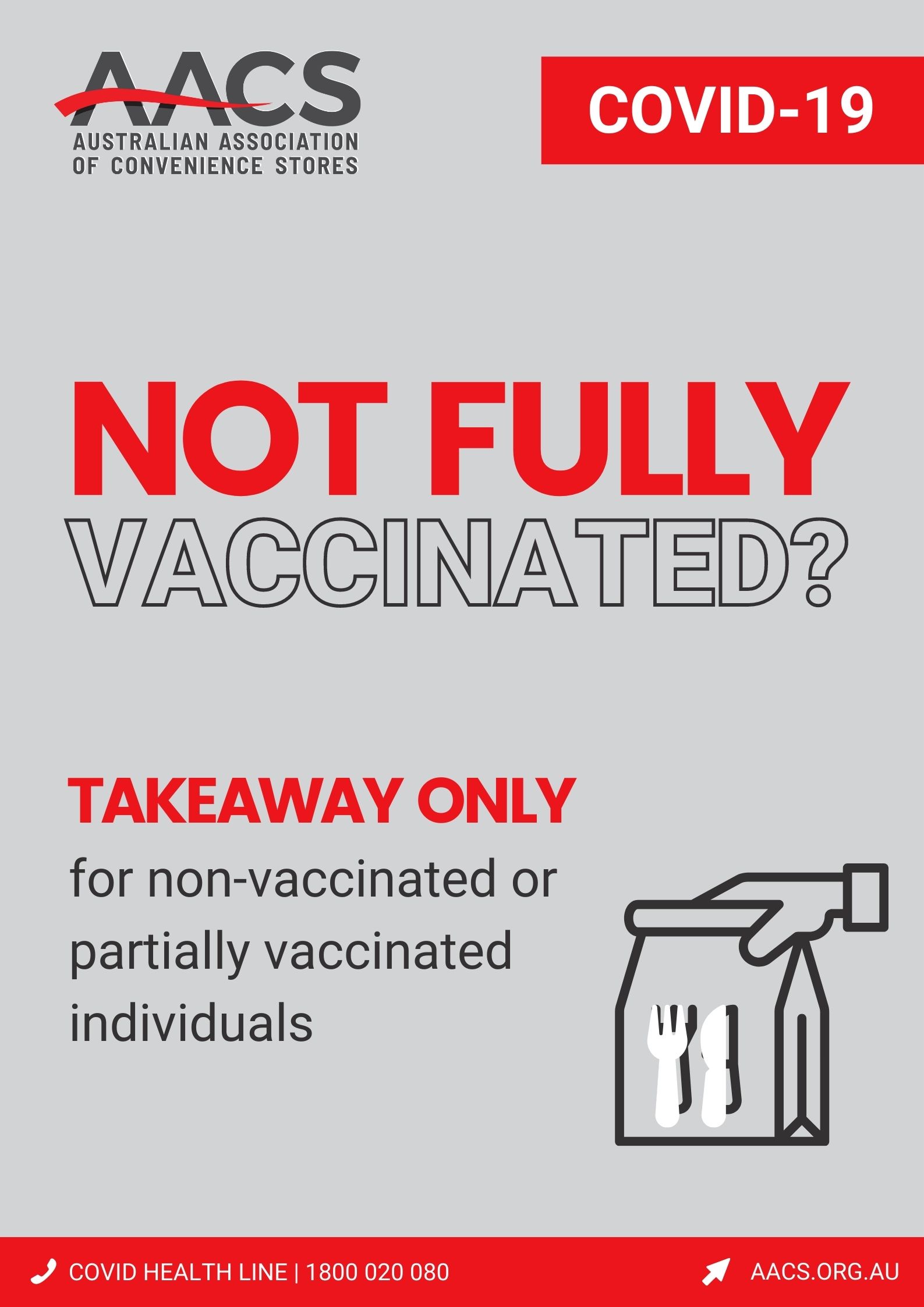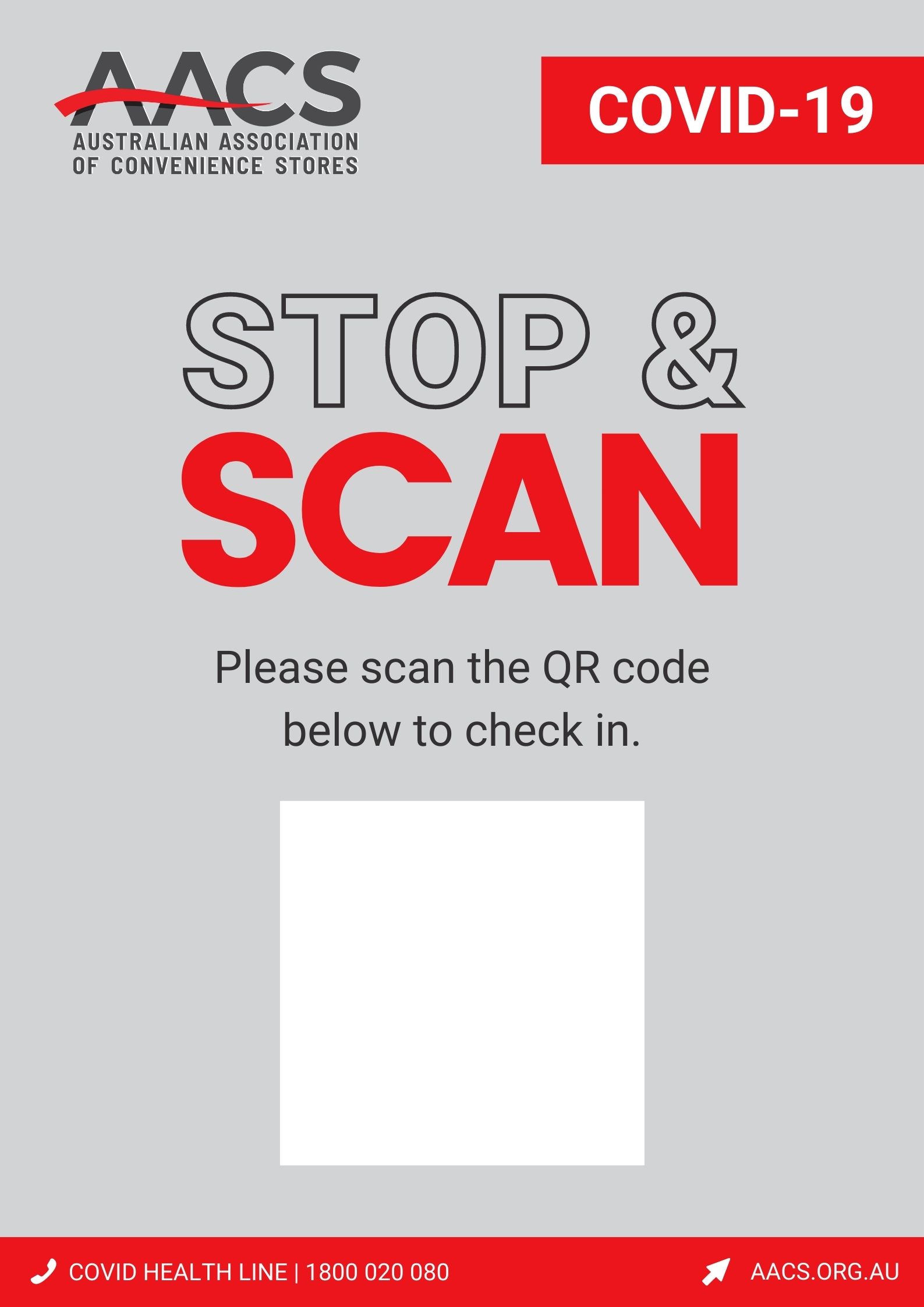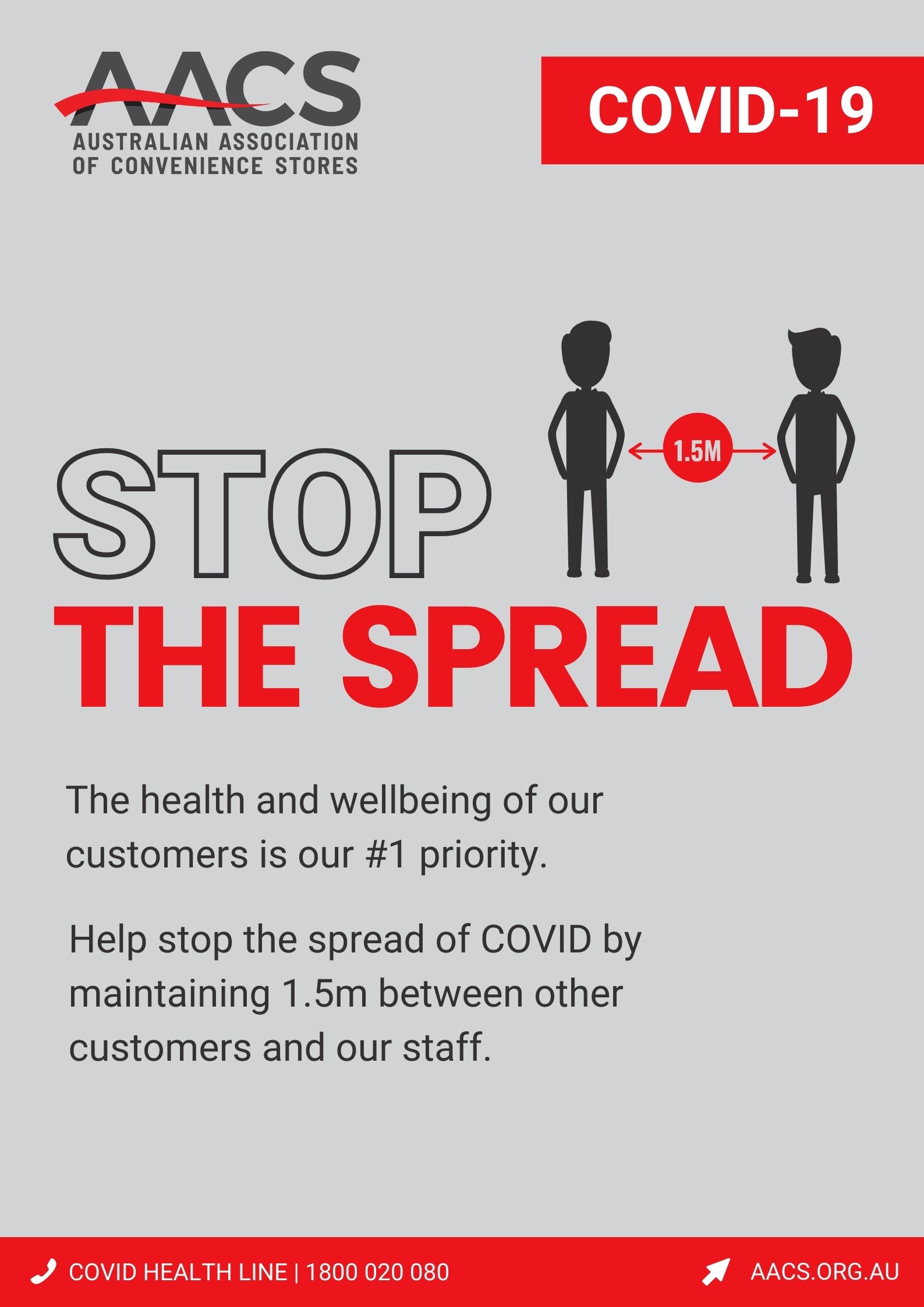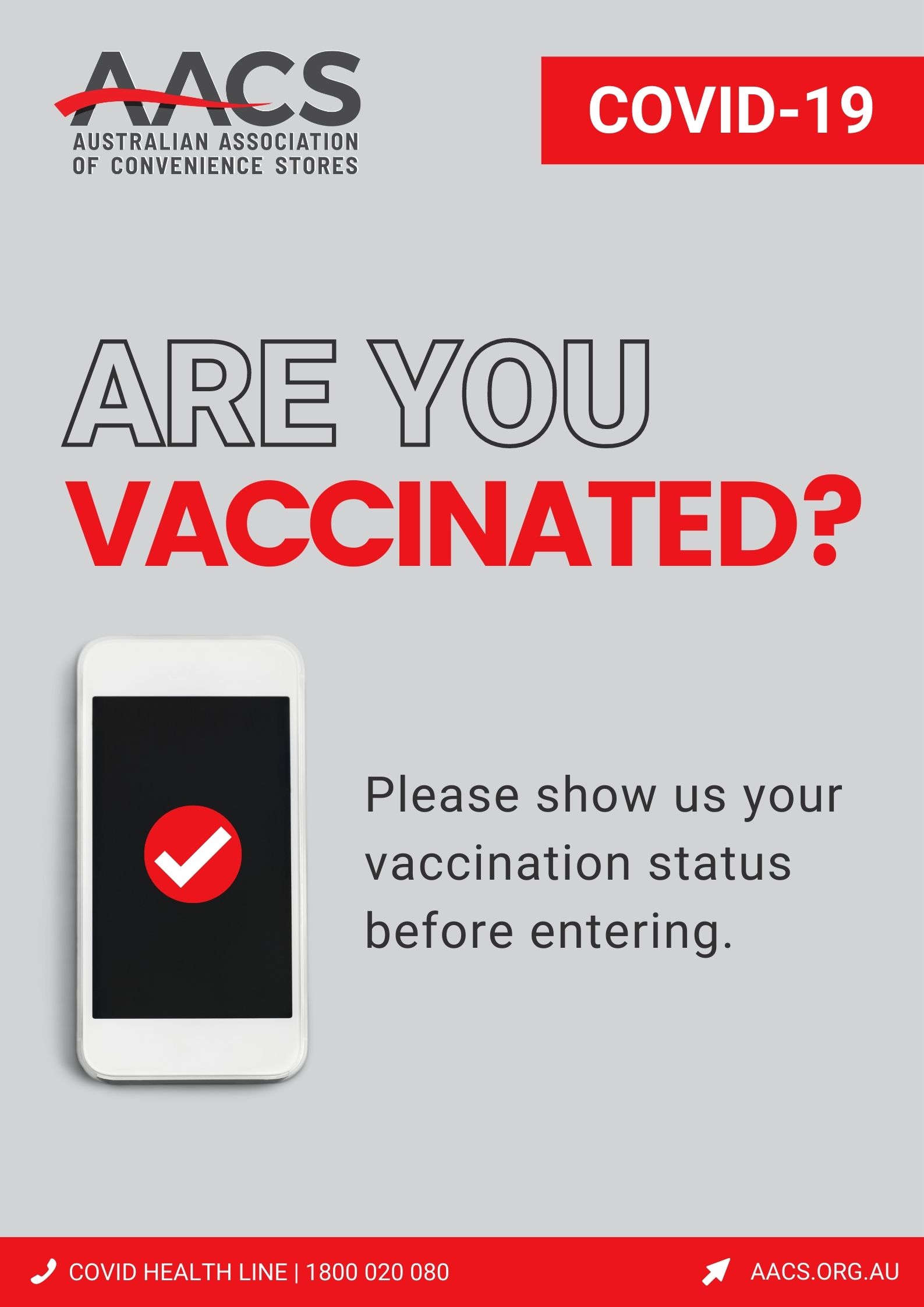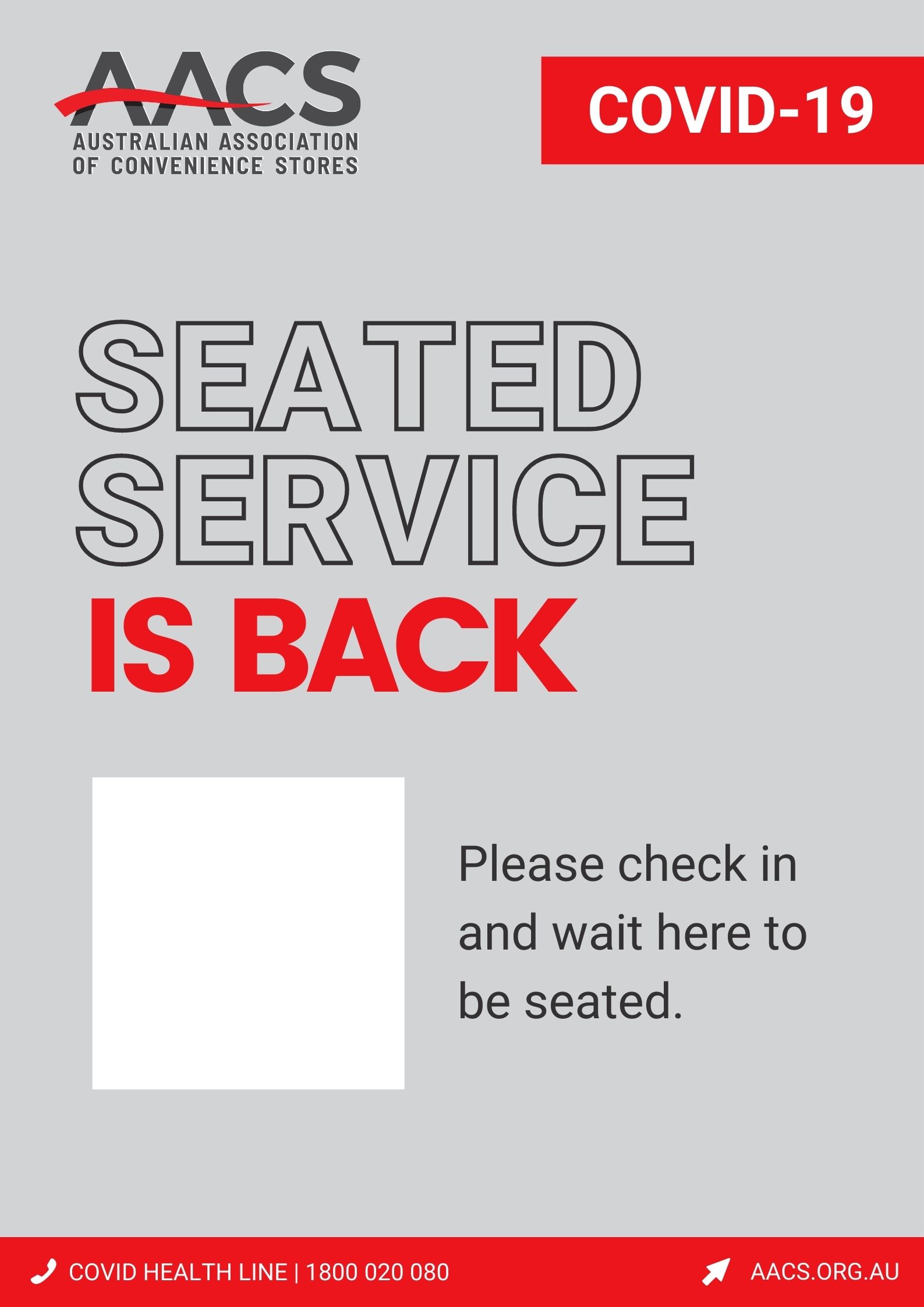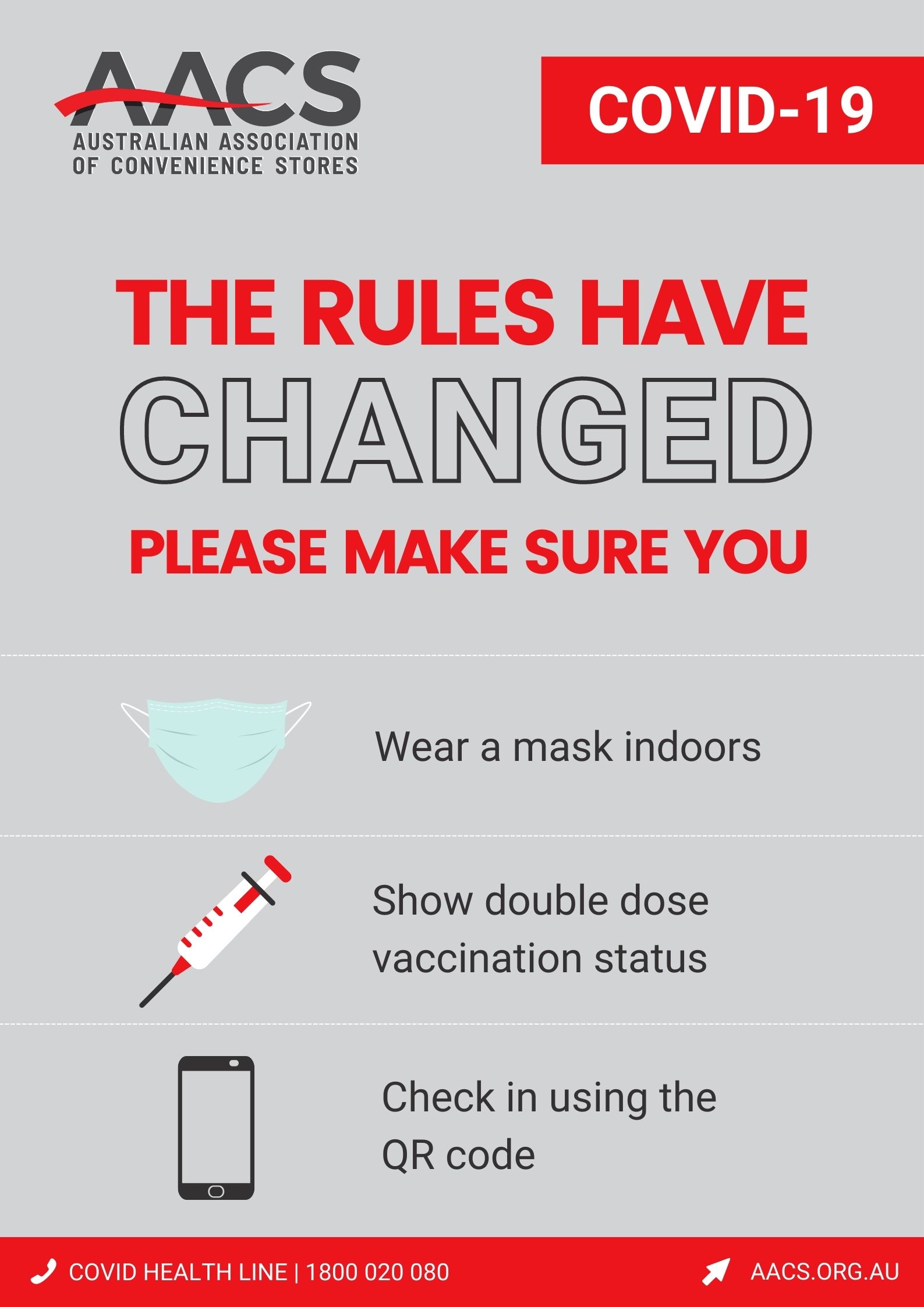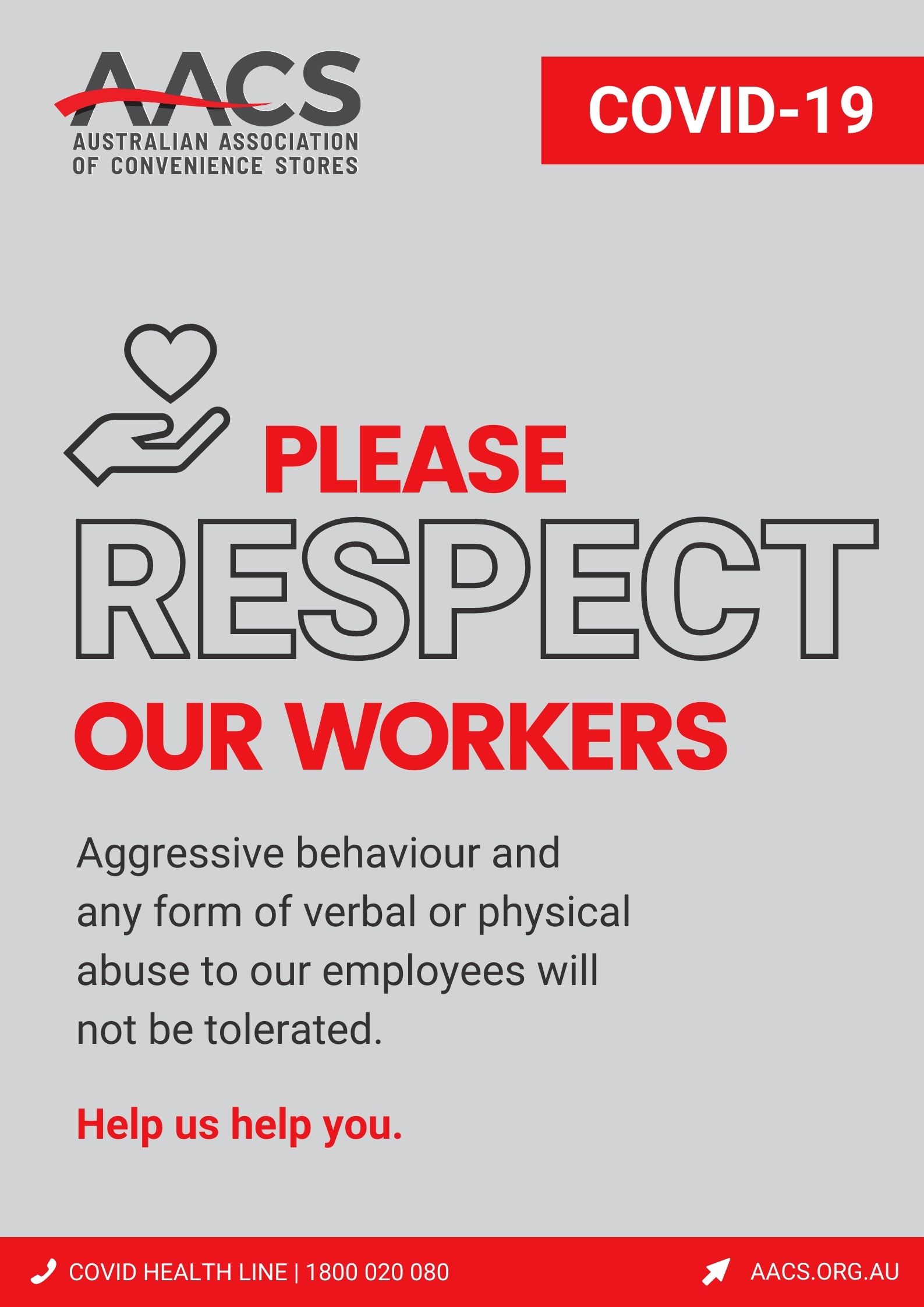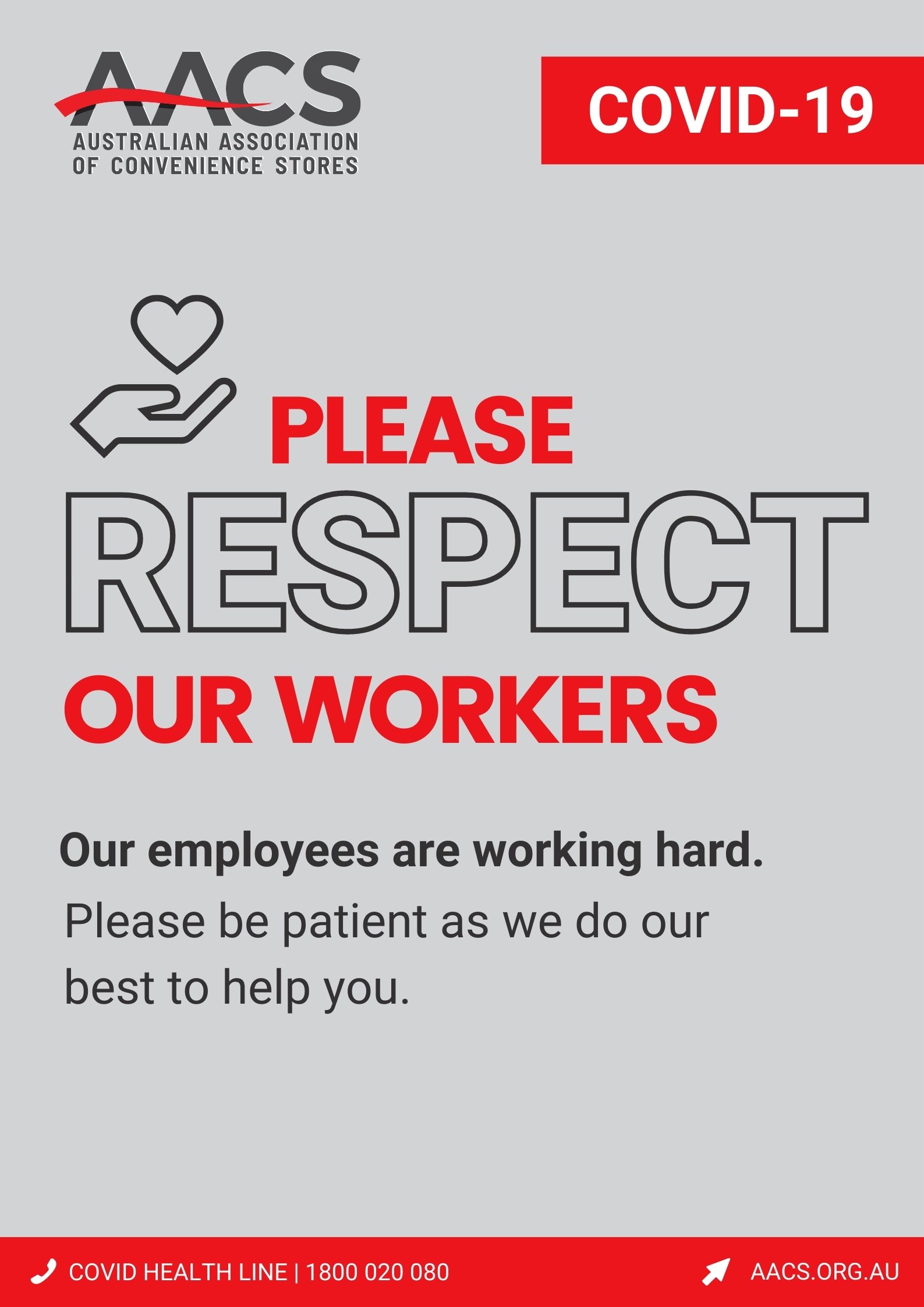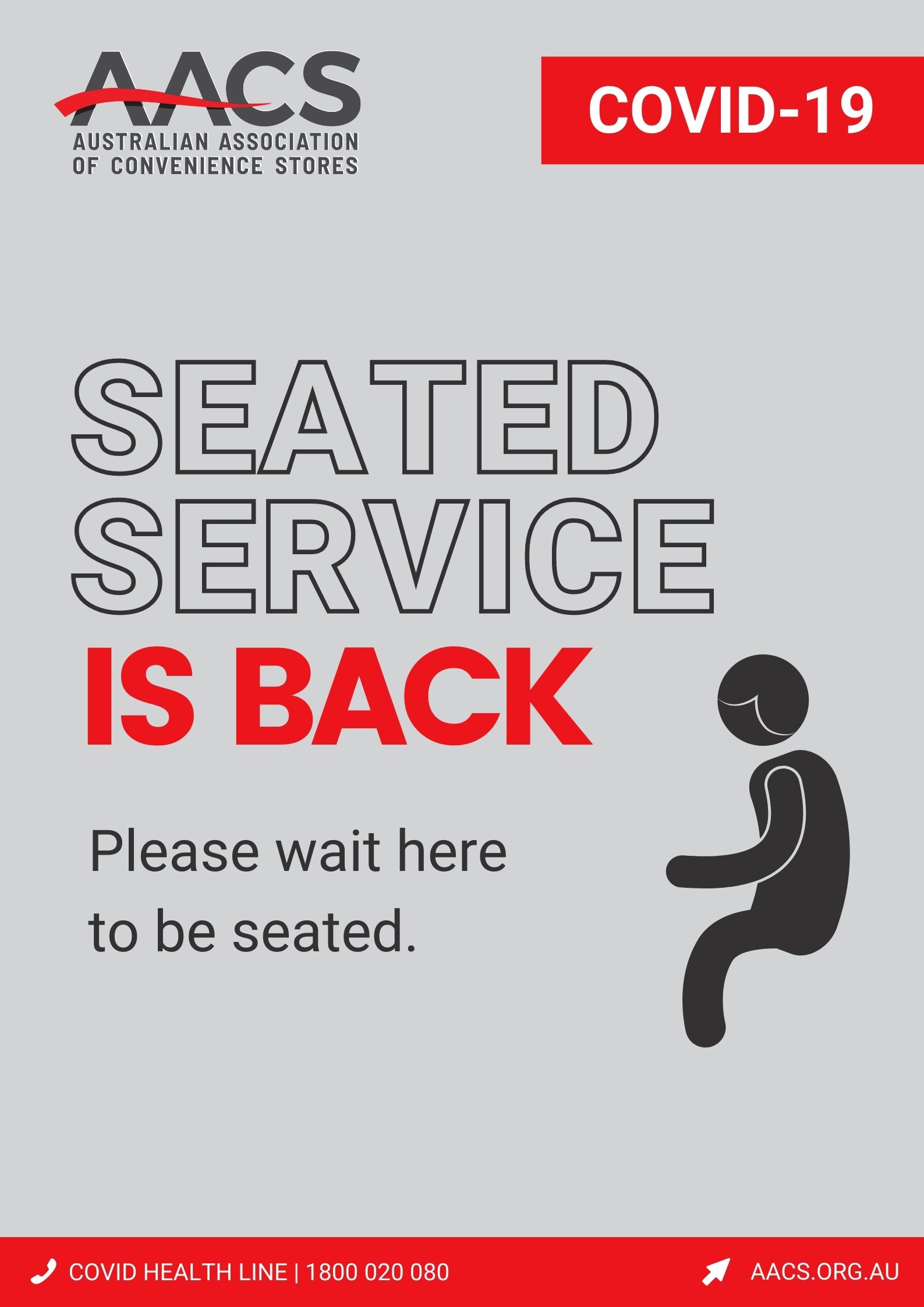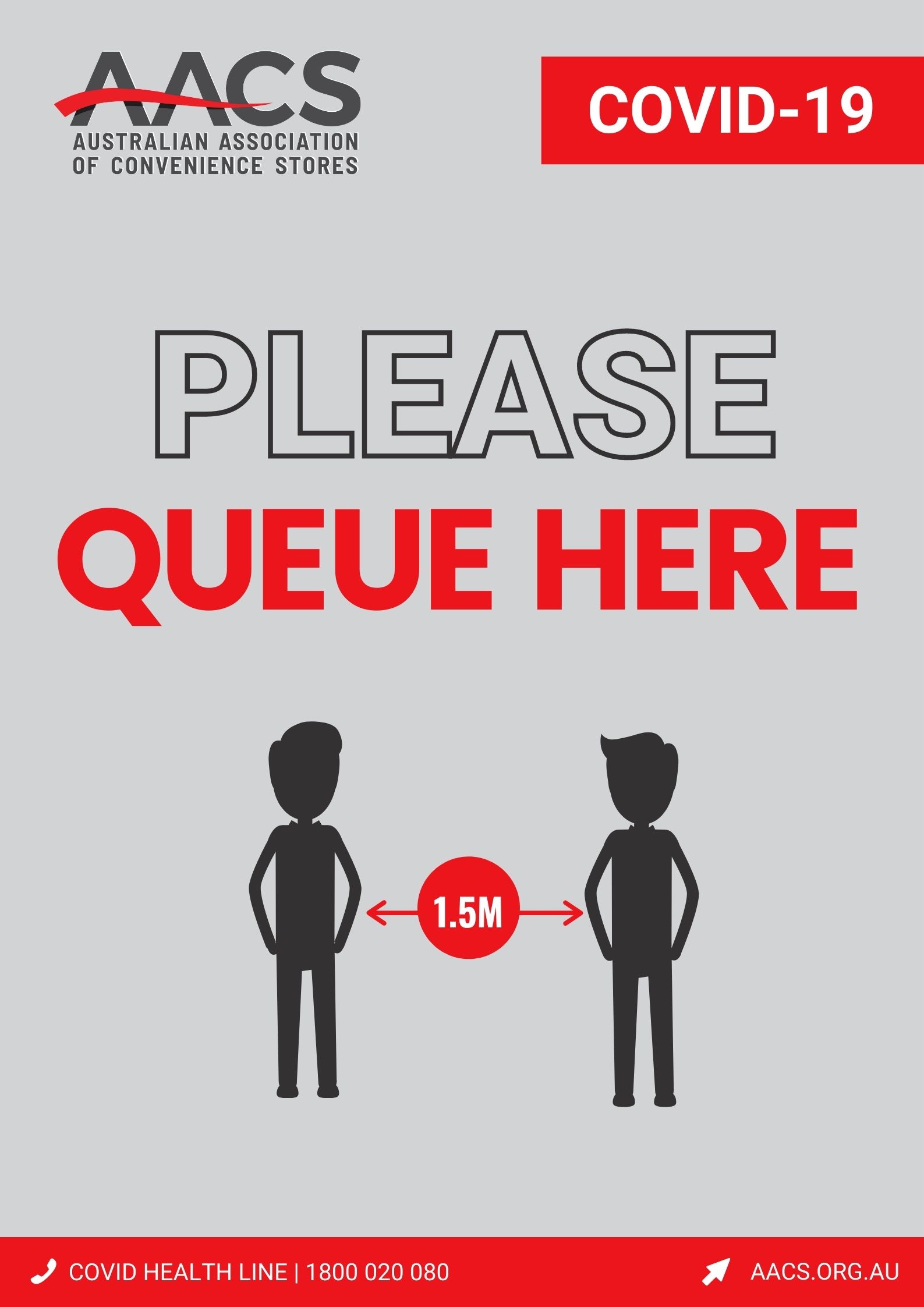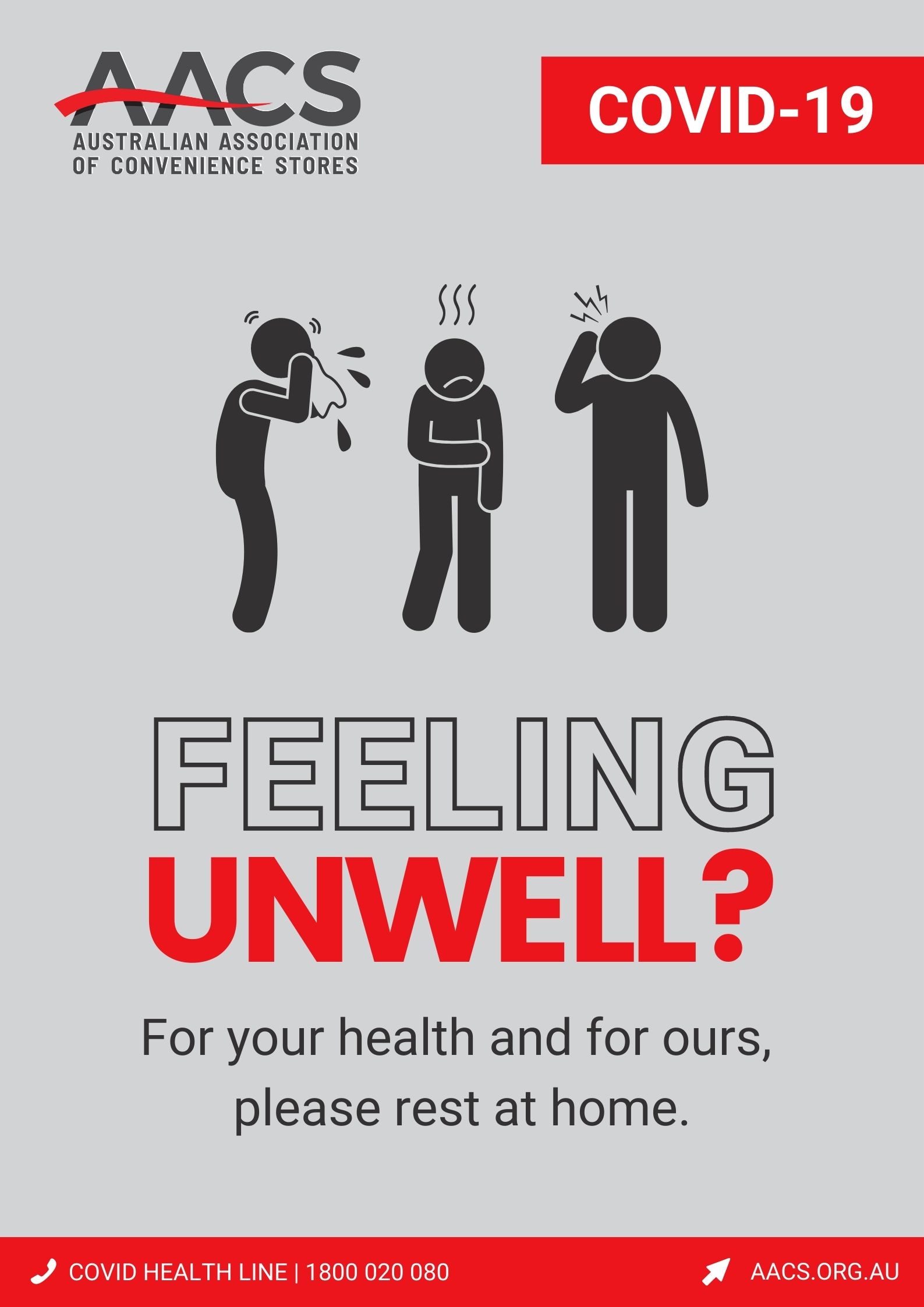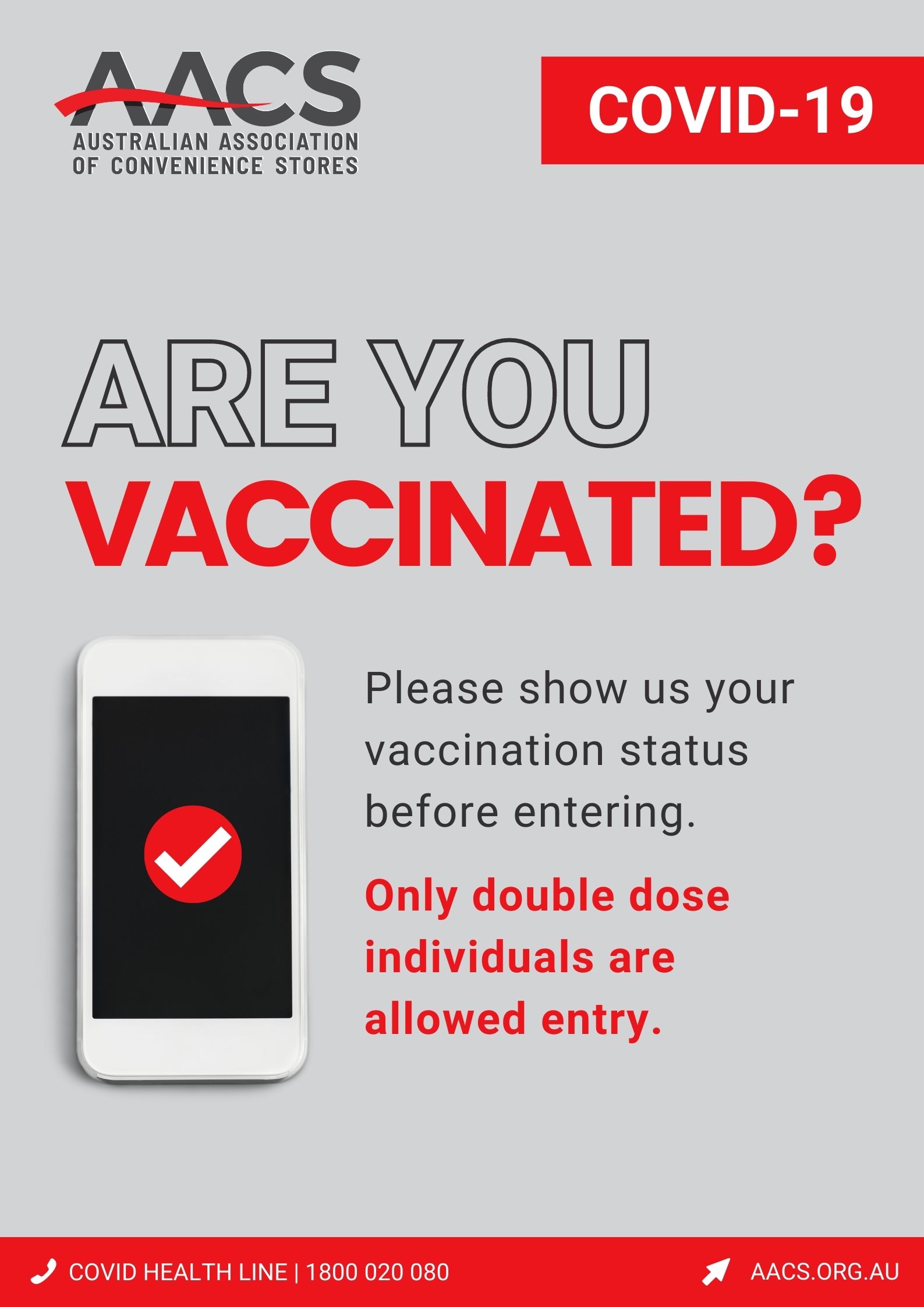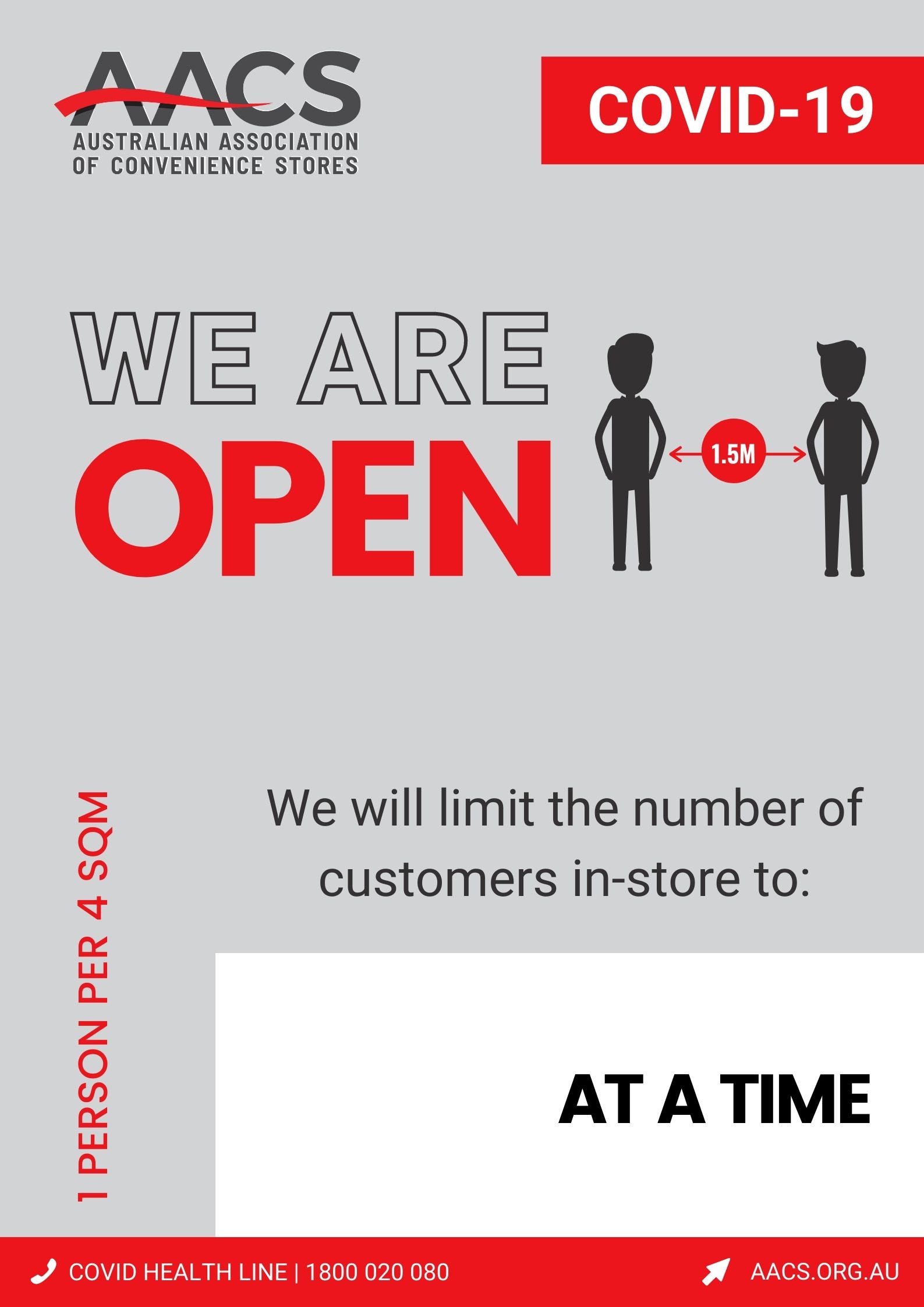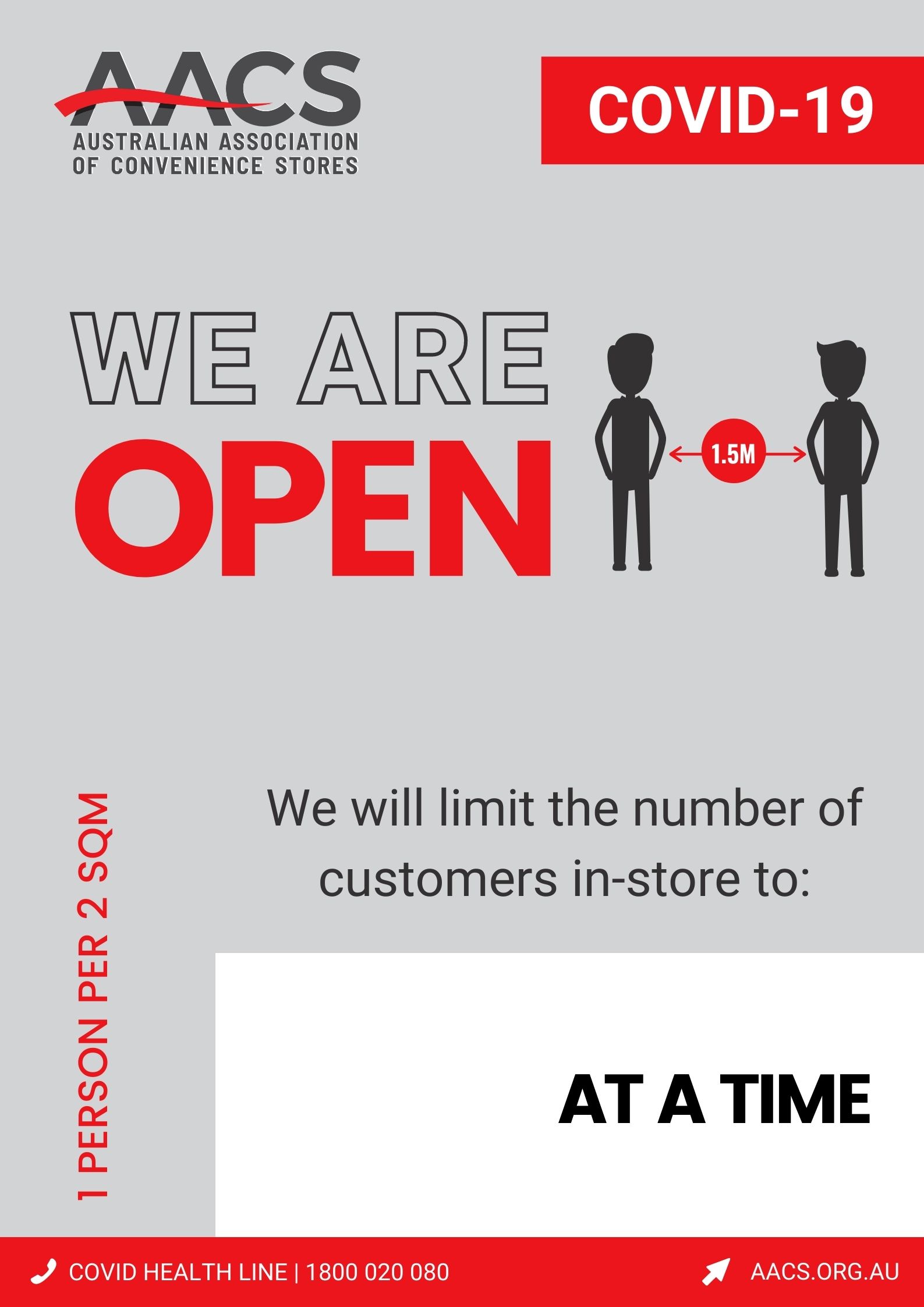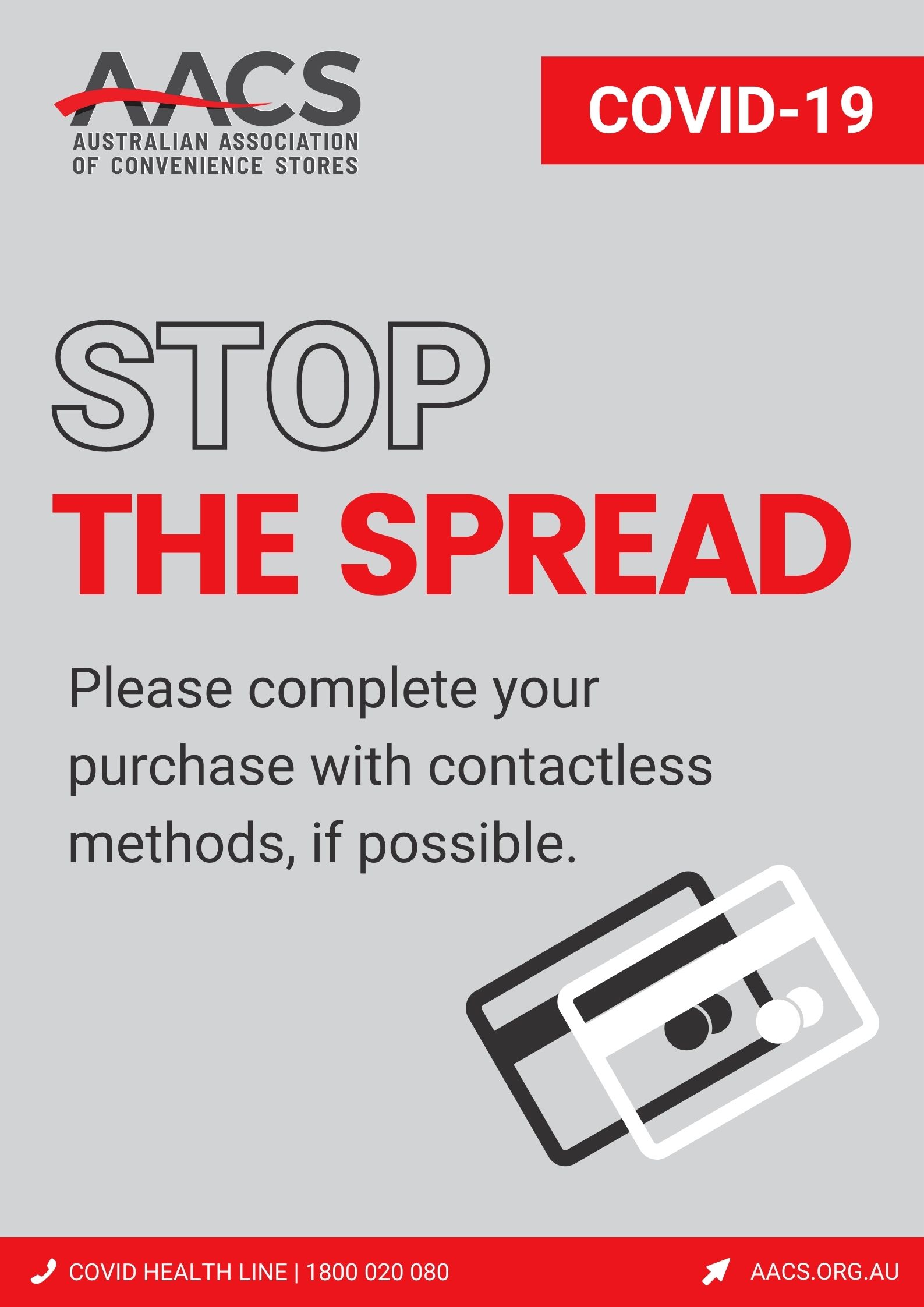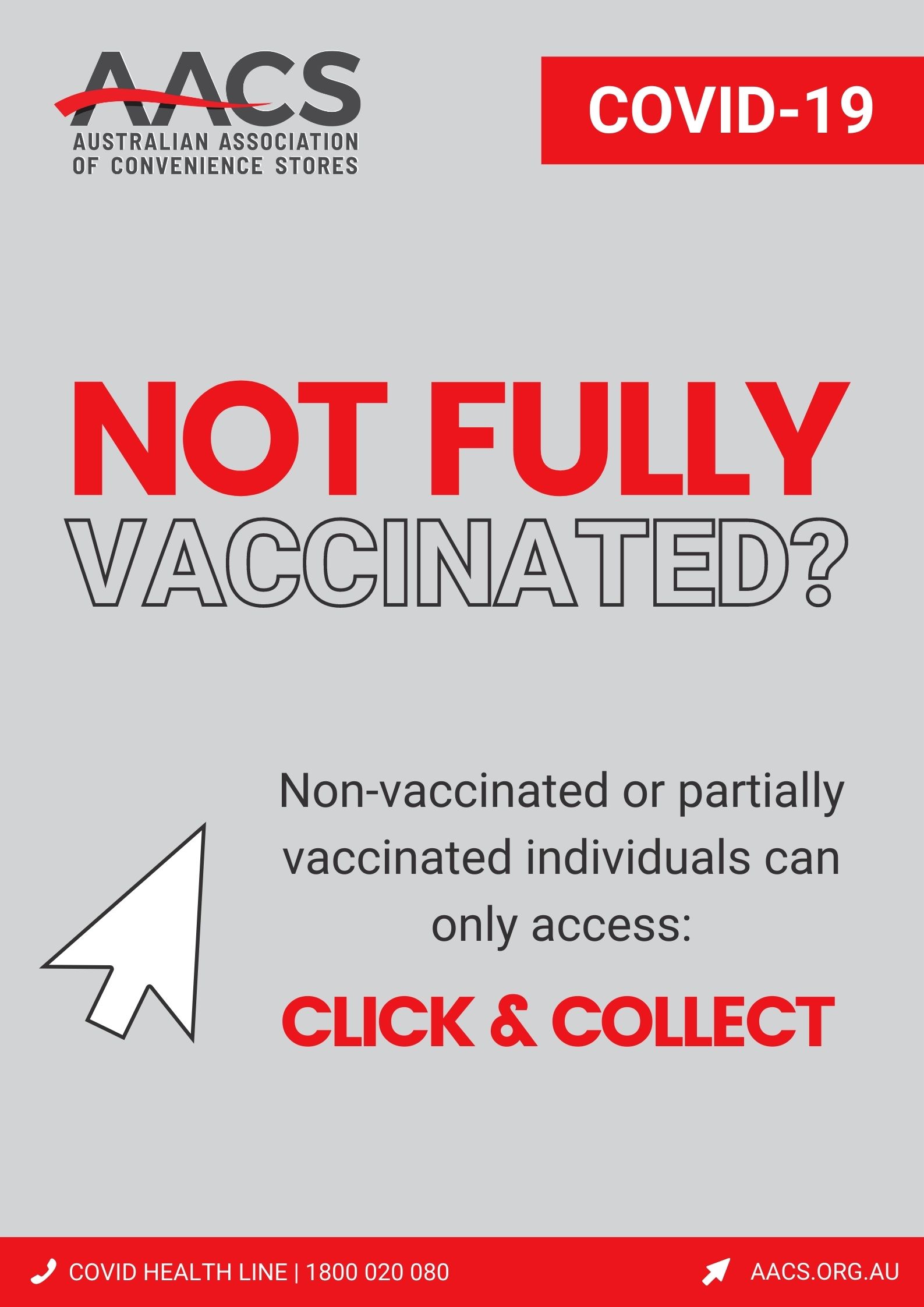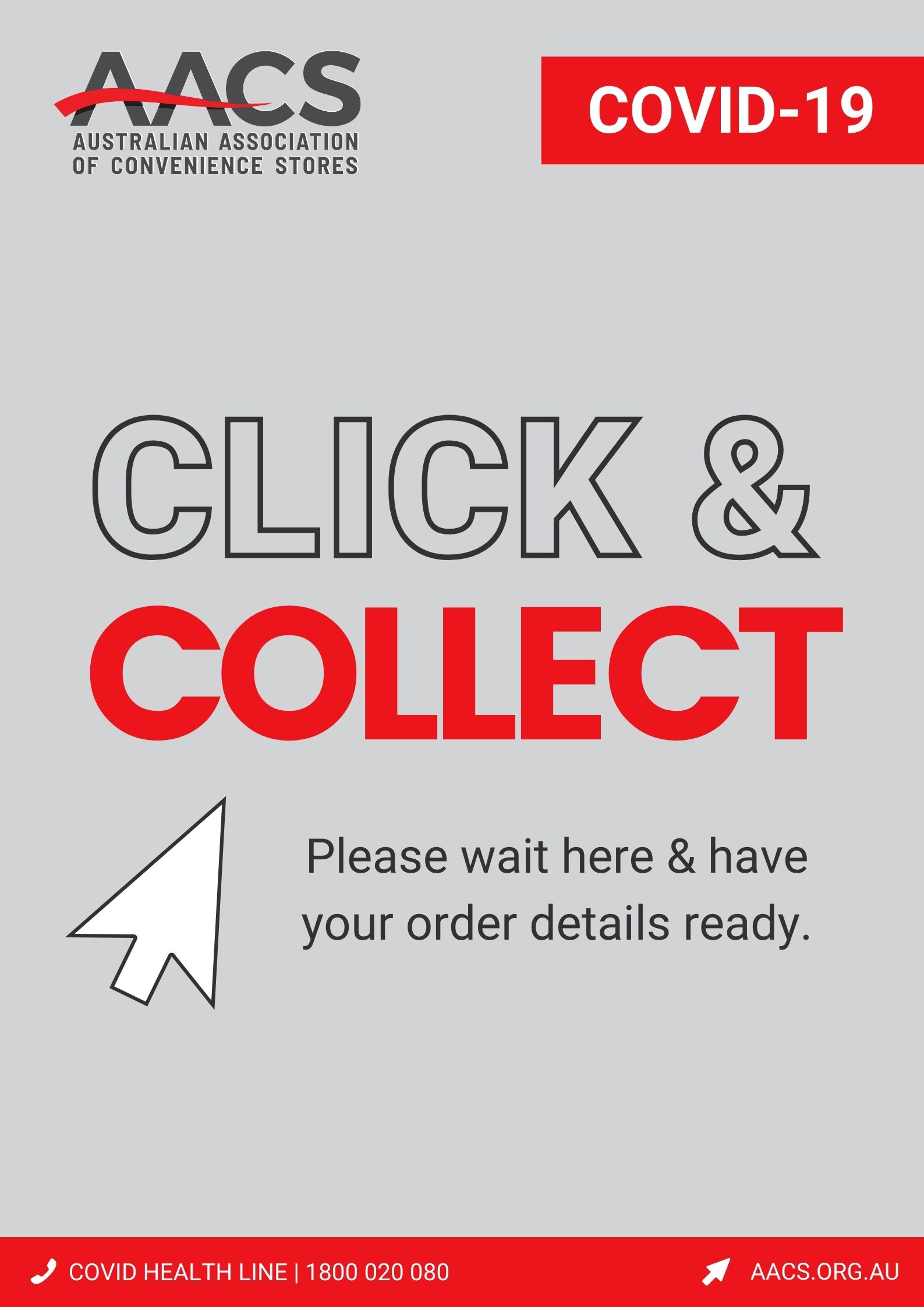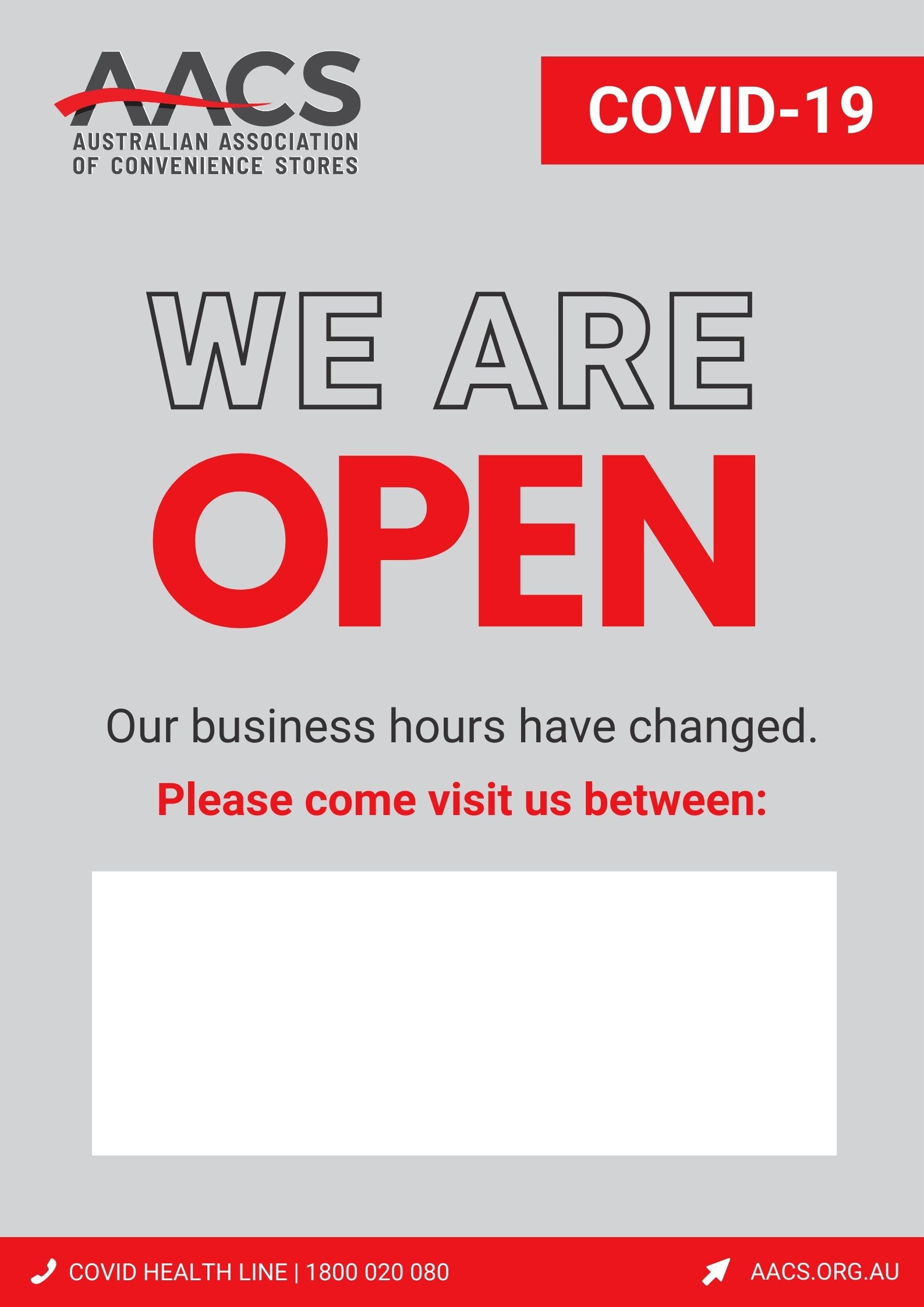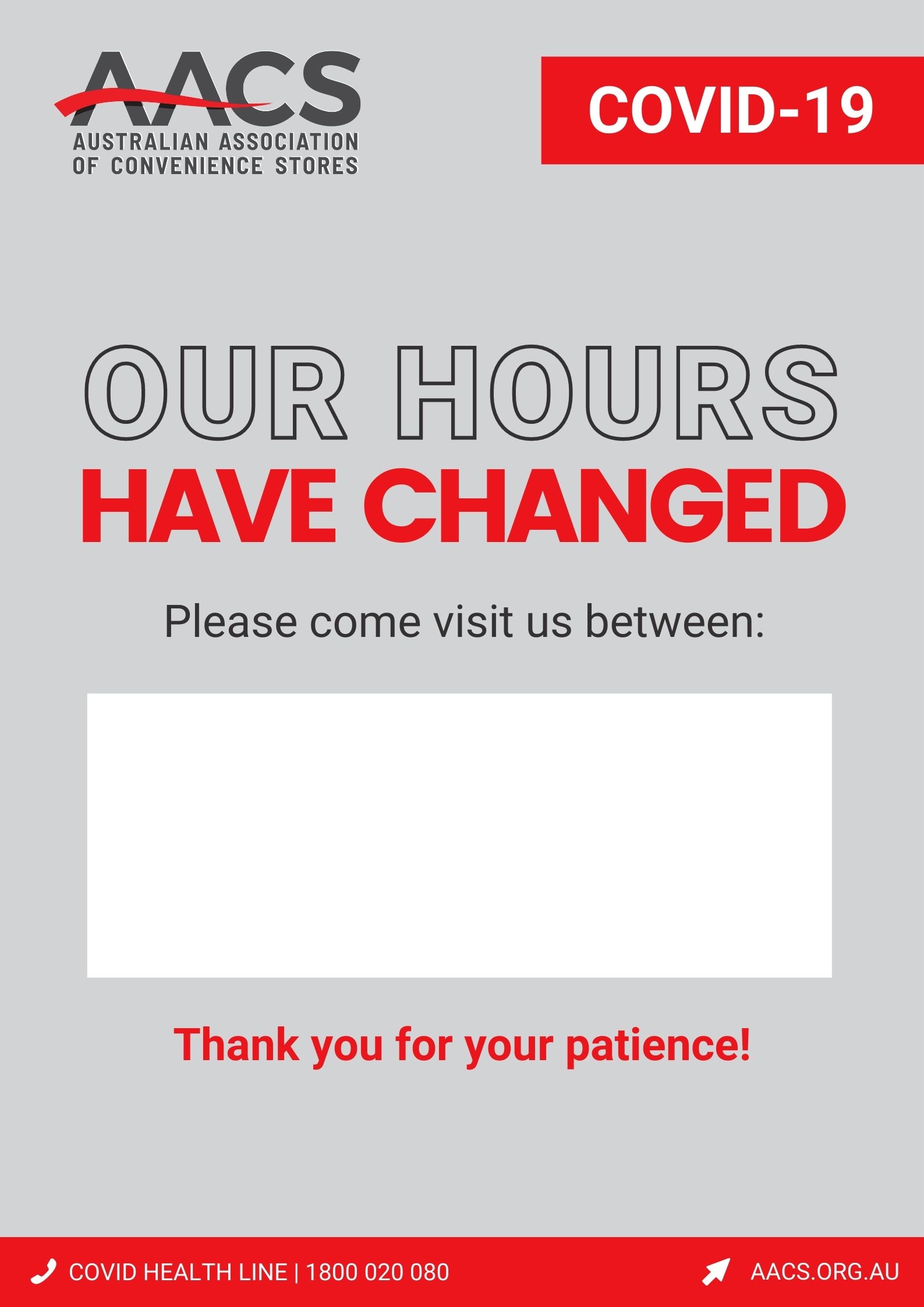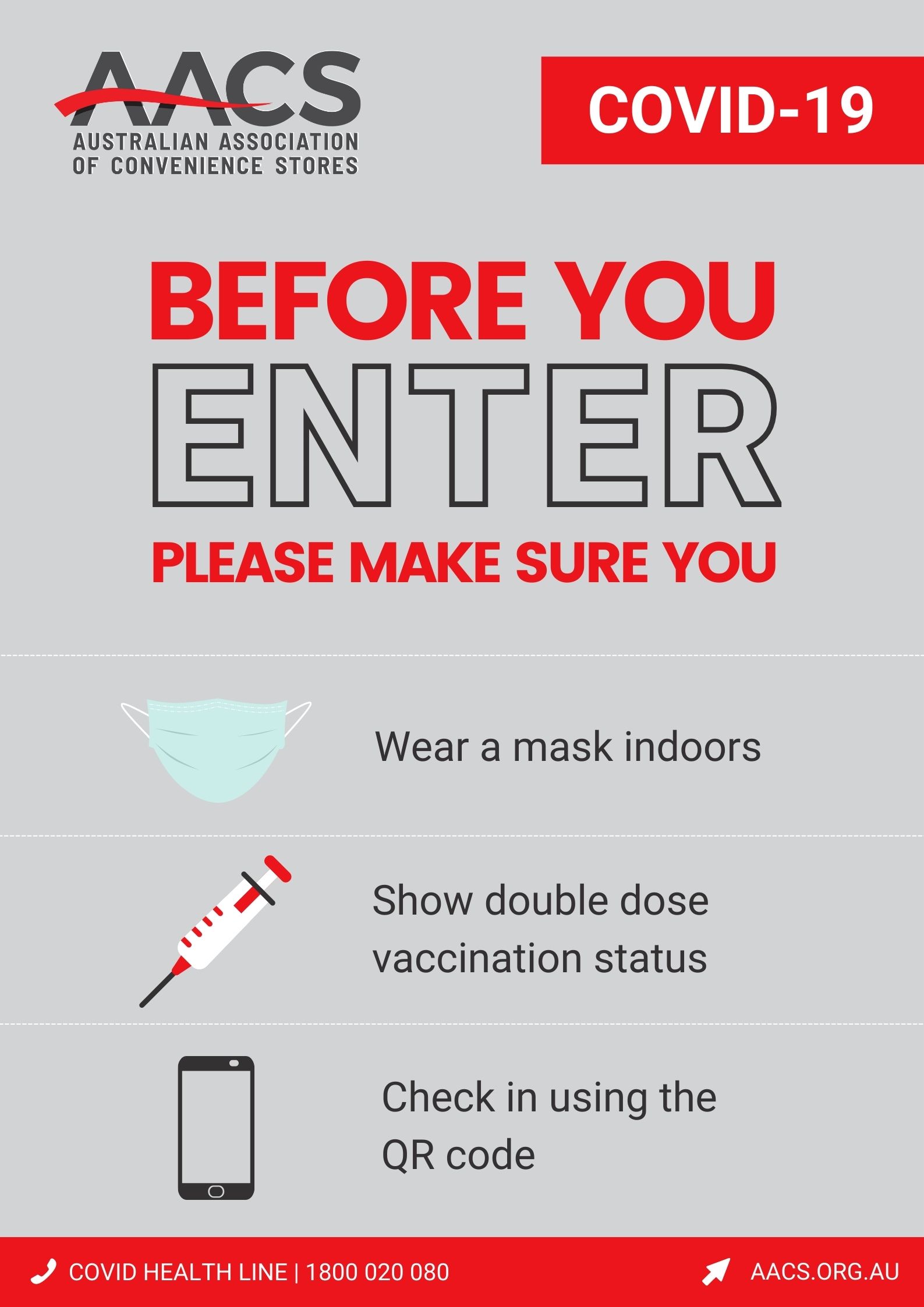current restrictions
Isolation exemption for some critical workers
Critical workers furloughed as close contacts will be permitted to leave self-isolation to attend work if they have no symptoms of COVID-19, to ensure the state has continued access to essential goods.
Workers will only be eligible to leave self-isolation if their employer determines that their absence from the workplace poses a high risk of disruption to the delivery of critical services or activities, and they are unable to work from home.
These workers must wear a mask and comply with risk-management strategies put in place by their employer, including daily rapid antigen tests (RATs).
Any worker who tests positive or who develops symptoms of COVID-19 must self-isolate. The new rules take effect immediately and apply to critical workers in the following sectors:
- agriculture (biosecurity and food safety personnel undertaking critical duties)
- manufacturing (production and manufacturing of food, beverages, groceries, cleaning and sanitary products)
- transport, postal and warehousing (food logistics, delivery and grocery fulfilment)
- emergency services workers and healthcare workers who are necessary for the delivery of critical services and who cannot work from home
- utilities, which include electricity services, operation of energy systems, gas services, liquid fuels, water supply, sewerage, sanitation and drainage services and waste and resource recovery services (including collection, treatment and disposal services)
- information and telecommunications
- social assistance and welfare services
- funeral, crematorium and cemetery services
- seaport operations
- air and sea freight and logistics
- the operation of correctional centres and community corrections
- a person employed by Resilience NSW, a member of Surf Life Saving New South Wales, Volunteer Marine Rescue NSW, or NSW South Wales Volunteer Rescue Association Inc.
For more information, please refer to the critical worker exemptionlaunch from the Public Health (COVID-19 Self-Isolation) Order (No 4) 2021 (No 1).
Read more detail in this critical worker exemption guidance.
Masks, COVID-19 Safe Check-in and vaccination evidence
Masks
All people over the age of 12 must wear a face mask:
- on public transport and public transport waiting areas (including in taxis and rideshare services)
- on an aircraft when the aircraft is flying above NSW, and in the airport
- in a public hospital or private health facility
- in a residential care facility or hostel
- at an indoor music festival with more than 1000 people in attendance.
Learn more about face mask rules.
COVID-19 Safe Check-in
COVID-19 Safe QR check-ins are only required at:
- nightclubs
- strip clubs
- sex on premises venues
- music festivals with more than 1000 people.
Occupiers of premises are required to continue to take reasonable steps to ensure people can check-in or provide their contact details when they enter these premises.
If you are entering a premises where check-in is required, you must:
- check in with the Service NSW app or
- provide your details to the occupier of the premises.
Learn more about COVID-19 Safe Check-in and mandatory electronic check-in.
Vaccination evidence
Most premises in NSW are now open to everyone, regardless of whether you are fully vaccinated or not.
You no longer need to show evidence that you are fully vaccinated at most premises in NSW.
However, you still need to show evidence that you are fully vaccinated if you:
- attend an indoor music festival with more than 1000 people
- work in certain industries.
Follow the vaccination requirements for workers.
Check what you need as vaccination evidence.
Venues may set their own COVID Safe conditions of entry
In addition to PHO requirements, some premises may choose to require people to be fully vaccinated or to wear a mask as a condition of entry.
It is a matter for the occupier of each premises to exercise judgement on what is appropriate for their premises and the well-being of their staff and customers.
If you want to enter premises where an occupier has chosen to require you to be fully vaccinated, the occupier may ask to see your vaccination evidence. You do not have to show the occupier your vaccination evidence, but if you do not, the occupier may not let you in.
COVID-19 cases in the workplace
Read the guidance for businesses with a worker who tests positive for COVID-19.
Sport, exercise and outdoor gatherings
General rules
Anyone can participate in sport, exercise, and outdoor gatherings.
- Customers are not required to be fully vaccinated or carry vaccination evidence
- COVID-19 Safe Check-in is not required
- Customers and staff are no longer required to wear face masks.
Businesses are no longer required to have a COVID-19 Safety Plan.
Optional COVID-19 Safety Plans are available to help businesses keep a safe environment for staff and customers.
Gyms and indoor recreation facilities
Gyms and indoor recreation facilities can operate with no person or capacity limits in place, including for group fitness classes.
COVID-19 Safe Check-in is no longer required.
Optional COVID-19 Safety Plans are available.
Swimming pools are open for all purposes.
Community sport
Community sports, including matches, competitions and training, can take place for all staff, spectators and participants.
Outdoor events
Outdoor events and gatherings can take place in NSW.
There is no limit to the number of fully vaccinated people able to attend outdoor events and gatherings.
Education, art and culture
Schools
From Term 1 2022, there are new rapid antigen testing requirements for schools.
If a child tests positive on a rapid antigen test, parents must register the positive result with Service NSW.
Under the new close contact rules, schools are no longer included in contact tracing.
Libraries, museums and galleries
Information and education facilities, including art galleries, museums and libraries are open.
Anyone can visit an information and education facility.
- Visitors and staff are not required to be fully vaccinated or carry vaccination evidence.
- COVID-19 Safe Check-in is not required.
- Face masks are not required.
Information and education facilities are no longer required to have a COVID-19 Safety Plan.
Optional COVID-19 Safety Plans are available to help keep a safe environment for staff and customers.
Shopping and personal services
Anyone can visit retail or business premises.
- Customers and staff are not required to be fully vaccinated or carry vaccination evidence
- COVID-19 Safe Check-in is not required
- Face masks are not required.
Retail and businesses are no longer required to have a Safety Plan.
Optional COVID-19 Safety Plans are available to help keep a safe environment for staff and customers.
Personal services
COVID-19 Safe Check in is no longer required at hairdressers, spas, nail salons, beauty salons, waxing salons, tanning salons, tattoo and massage parlours.
Restaurants and hospitality
Anyone can visit a restaurant, café, hospitality venue or nightclub.
- Customers and staff are not required to be fully vaccinated or carry vaccination evidence
- COVID-19 Safe Check-in is no longer required at all hospitality venues
- Nightclubs require COVID-19 Safe Check-in
- Face masks are not required.
NSW Health strongly advises that patrons consider being seated while drinking.
From 18 February 2022, there are no restrictions for singing and dancing in hospitality venues and nightclubs.
Retail and businesses are no longer required to have a COVID-19 Safety Plan.
Optional COVID-19 Safety Plans are available to help best keep a safe environment for staff and customers.
Occupiers of hospitality venues
Examples of hospitality premises include casinos, restaurants, cafes, function centres, food courts, take away food and drink premises, kiosks, micro-breweries or small distilleries, cellar doors, pubs, registered clubs and small bars.
- There are no restrictions on the number of people allowed at hospitality venues or nightclubs.
- There are no density limits for hospitality venues or nightclubs.
- Drinking indoors and outdoors may be seated or standing.
- There is no limit on the number of people for a group booking.
- COVID-19 Safe Check-in is not required (except for nightclubs).
- Neither customers nor public-facing staff are required to wear a face mask.
Construction and renovations
Construction and renovations across NSW can continue.
Anyone can enter a construction site.
- People who enter a construction site are not required to be fully vaccinated or carry vaccination evidence.
- COVID-19 Safe Check-in is not required.
- Face masks are not required.
Retail and businesses are no longer required to have a COVID-19 Safety Plan.
Optional COVID-19 Safety Plans are available to help best keep a safe environment for staff and customers.
Work
Employers can allow staff to work from home at their discretion.
There are no restrictions on travelling throughout NSW.
Events and entertainment
Anyone can visit an entertainment facility or indoor and outdoor recreation facilities.
- Visitors and staff are not required to be fully vaccinated or carry vaccination evidence.
- COVID-19 Safe Check-in is not required.
- Face masks are not required.
Retail and businesses are no longer required to have a Safety Plan.
Optional COVID-19 Safety Plans are available to help best keep a safe environment for staff and customers.
Travel and transport
General rules
People are able to travel anywhere within NSW.
People who have recently arrived from overseas, must follow the rules for international arrivals.
You can travel in a vehicle or vessel with people you do not live with.
Sharing a vehicle and carpooling
For vehicles and vessels used as a public transport service, passengers and staff must follow the face mask rules.
If vehicles and vessels are used for private purposes, such as a party bus, commercial tour or function, passengers no longer need to check in with the Service NSW app .
NSW Health strongly advises people wear face masks when they cannot socially distance.
Holidays and holiday homes
There are no restrictions on travelling between Greater Sydney and regional and rural NSW for holidays or recreational visits within NSW.
Holiday homes and short-term accommodation can be used by anyone.
There are no capacity limits for holiday homes and short-term accommodation.
International travel
New rules are in place for people travelling to NSW from overseas.
For more information about the rules around leaving and entering NSW from outside Australia, visit International travel to and from NSW.
Return to the office, face mask rules and vaccination requirement updates
The Victorian Government announced a number of changes to pandemic orders and public health recommendations from 11:59pm on Friday 25 February 2022.
- The recommendation for Victorians to work or study from home has been removed.
- Face masks are required in some settings (unless an exemption applies):
- hospitality workers must wear a mask when working indoors in an area accessible to the public (for example, customer service staff or staff cleaning the front area of a cafe)
- retail workers such as supermarkets, clothing stores, hair, and personal care must wear a face mask indoors in public areas
- people working indoors at an event with more than 30,000 people attending.
- Face masks are recommended for other sectors when workers are serving or facing the public, such as concierge in an office building workers at reception.
- Face masks are not required when staff are outdoors or in indoor areas not accessible by the public such as kitchens, or staff only areas (for example, back of house).
- A number of vaccination deadlines for workers required to receive three doses of the COVID-19 vaccine have been extended.
Customer vaccination requirements
- Patrons aged 18 years or older are required to show proof of their COVID-19 vaccination to enter a variety of businesses and to receive certain services across Victoria. These businesses must ensure customers have checked-in correctly and verify their customers’ vaccination status.
- Patrons who are not fully vaccinated can access ‘click and collect’ services, takeaway and obtain their goods outdoors from the front or back outside of a premises or delivered to a vehicle in a car park.
- Understand How to check the vaccination status of your customers and visit individual sector pages for the rules that apply to your business
Face masks
- Face masks must carried at all times and worn in specified indoor settings.
- Visit individual sector pages for the rules that apply to your business.
- For information on face mask requirements, including all exceptions visit Face masks - when to wear a face mask.
QR code requirements
- Select businesses must use the free Victorian Government QR Code Service to check-in customers, workers and visitors. They must also display the QR code in a prominent location at each point of entry or at the first point of sale, where relevant.
- Businesses are required to provide an alternative record-keeping method for members of the public (or workers) that do not have a smartphone. This could include a kiosk option (via a tablet) or, as a last resort, pen and paper.
- These businesses are required to provide an alternative record-keeping method for members of the public (or workers) that do not have a smartphone. This could include a kiosk option (via a tablet) or as a last resort, pen and paper.
- Visit individual sector pages for the rules that apply to your business.
RETAIL COVIDSAFE SETTINGS
All other retail (including supermarkets, common areas of shopping centres and grocery stores)
Open - a density quotient and patron cap do not apply.
Designated COVID Check-in Marshals are not required.
Market stalls and retail premises with less than 2000 square metres of publicly accessible space (other than supermarkets)
Must ensure that a worker asks customers to check-in using the Service Victoria app at the point of service. This worker does not have to be a designated COVID Check-in Marshal.
Retail premises with 2000 square metres of publicly accessible space or more (other than supermarkets, markets and shopping centres)
Must ensure that a worker asks customers to check-in using the Service Victoria app at the entrance to the store. This worker does not have to be a designated COVID Check-in Marshal.
Supermarkets
Must ensure workers request patrons check-in using the Service Victoria app at the point of sale. This worker does not have to be a designated COVID Check-in Marshal.
Vaccination requirements for workers and customers in the retail trade sector
Hairdressing, beauty and personal care facilities
|
All other retail
|
HOSPITALITY COVIDSAFE SETTINGS
Workplaces covered by this guidance:
- Cafes
- Restaurants
- Fast-food stores
- Cafeterias
- Canteens
- Wineries
- Pubs and bars
- Food courts
- Food and drink facilities in a stadium or arena
Food and drink premises (other than food courts)
Cafés, restaurant, fast food store, cafeteria, canteen, winery, pubs and bars.
Open - From 6pm Friday, 18 February as part of new pandemic orders to be signed by the Minister for Health, density quotients of one person per two square meters in place at hospitality and entertainment venues will be removed. Indoor dancefloors at these venues can also re-open.
A COVID Check-in Marshal must ensure customers check-in via the Service Victoria app and that customers over the age of 18 show evidence of their vaccination status or valid medical exemption, whenever the facility is operating.
At small food and drink premises (premises where the total publicly accessible indoor and outdoor space is less than 100 square metres), a COVID Check-in Marshal may be located at the entrance of the venue or at the first possible point of service.
Notes
- No group limit
- It is recommended that food and drink premises and their patrons opt for seated service only.
- Indoor dancefloors may not operate within food and drink premises, except at weddings that are being held within these premises.
Food courts
Open - A density quotient of one person per two square meters apply. A COVID Check-in Marshal is not required for food courts.
Vaccination requirements
Workers must be fully vaccinated (or have a valid medical exemption) to continue working on-site.
For more information about worker vaccination requirements, visit Information for industry and workers required to be vaccinated.
Customers over the age of 18 must be fully vaccinated (or have a valid medical exemption) to attend a food and drink premises (other than a food court) for on-site dining.
Customers do not need to be fully vaccinated to access food courts or takeaway services.
For more information about customer vaccination requirements, visit How to check the vaccination status of your customers and How we live: vaccination status
Masks
From 6pm AEST Friday 4 March 2022:
- Masks will no longer be required indoors, except in hospitals, residential aged care, disability accommodation, prisons, public transport, airports and on planes.
- Masks will no longer be required in schools, including for staff, students and visitors.
- Masks will still be recommended whenever you can’t social distance.
- There will be no limit on the number of visitors you can have in your home at one time.
- Venues and events will no longer have capacity limits.
Until then, current face mask requirements (see below) and other public health and social measures remain in effect.
Check In QLD app
From 7 February 2022, use of the Check In Qld app is no longer required, other than for businesses where vaccination is a condition of entry.
You must continue to use the Check In Qld app for entry to:
- hospitality venues including cafés, restaurants, pubs, clubs, RSL clubs, taverns, function centres, bars, wineries, distilleries and microbreweries, but not including food courts
- entertainment venues including nightclubs, indoor live music venues, karaoke bars, concerts, theatres, cinema, bowling alleys, amusement arcades, casinos and gaming venues, convention and entertainment centres, adult entertainment venues and brothels, theme parks, and tourism experiences, zoos aquariums and wildlife centres, and showgrounds
- stadiums (indoor and outdoor), for all major sporting matches and other events with capacity for 5000 or more visitors. The Check In Qld app is not required for sporting stadiums with a capacity of less than 5000
- festivals
- Government owned galleries, museums and libraries
- wedding ceremonies and receptions, when more than 20 people attend, including the wedding party and officials
- private hire of a venue, where more than 20 people attend, or there is more than 1 person per 4 square metres
- vulnerable settings including youth detention centres and prison personal visiting areas.
There are no capacity restrictions on these businesses.
- COVID Management Plans required for events of more than 1000 people
- Masks for high risk settings
- Masks for personal care services (except for the person receiving the service, if necessary for the provision of the personal care service)
- Masks for health care services (except for the person receiving the service, if necessary for the provision of the health care service)
- Masks for passenger transport services
- Masks for indoor fitness facilities (except while exercising)
- Masks for shared indoor public places (except bridal parties during ceremonies, private functions and private activities
COVID-SAfe Check in
Businesses that conduct a defined public activity, (except for recreational transport, Auctions and inspections for sale and rental of properties, Public transport, taxis and ride share, educational facilities) must use the COVID-Safe Check-in or other approved contact tracing system.
Masks
- Masks for high risk settings
- Masks for personal care services (except for the person receiving the service, if necessary for the provision of the personal care service)
- Masks for health care services (except for the person receiving the service, if necessary for the provision of the health care service)
- Masks for passenger transport services
- Masks for indoor fitness facilities (except while exercising)
- Masks for shared indoor public places (except bridal parties during ceremonies)
Proof of vaccination requirements
Based on the latest health advice, proof of COVID-19 vaccination requirements apply state-wide to the following venues:
- All hospitality venues, food and licensed venues:
- including restaurants, dine-in fast food, cafés, bars, pubs, clubs, taverns, licensed commercial boats
- excluding food and non-alcoholic beverage takeaway; food courts; roadhouses, and petrol stations
- excluding a vessel providing ticketed public transport such as a ferry service to Rottnest Island
- Nightclubs
- Bottle shops (including drive through bottle shops)
- Specified entertainment venues including
- a casino
- gaming or gambling house
- specified galleries and museums,
- a cinema, including a drive-in cinema or outdoor cinema
- a theatre
- a concert hall or other live music venue
- Perth Convention and Exhibition Centre
- a major stadium
- a gym, indoor sporting centre, health club, or dance studio (including a centre offering yoga, barre, pilates, aerobics, dancing, spin facilities or other fitness class), except when community sport is being played
- an indoor play centre
- an amusement park which was ticketed/managed entry
- Perth Zoo
- any other indoor entertainment venue that is open to the public and not otherwise referred to above
- residential aged care and hospitals (exceptions apply).
- Indoor events with over 500 patrons, specified outdoor high-risk events (as designated by the State Emergency Coordinator or the Chief Health Officer or their authorised personnel) and outdoor music events with more than 500 patrons.
Staff who work at these premises and events, who did not previously fall under the WA Government’s mandatory vaccination policy, will need to be double dose vaccinated to continue to work or have an approved medical exemption. From 31 January 2022, staff will need to have at least a first dose to continue to work and on and from 28 February 2022, will need to be double dose vaccinated, unless medically exempt.
People are required to show proof of their COVID-19 vaccination, either in a digital or paper-based form, along with approved identification. See the Proof of COVID-19 vaccinations page for more information.
Both venues and patrons have a shared responsibility when it comes to proof of vaccination, with venues required to ensure that each patron must produce evidence of their vaccination status and take reasonable steps to ensure patrons do not enter the premises without producing evidence of their vaccination status.
Capacity limits
There are no longer any capacity restrictions for venues and events. This means private gatherings, concerts, sporting games, and weddings can go ahead at full capacity.
Measures remain in place to keep these events safe:
- Businesses require a COVID Safety Plan and must maintain a contact register.
- Events with more than 500 patrons are required to complete a COVID Event Checklist or Plan.
Travel
Under WA’s new hard border settings, approved travellers from interstate and overseas are permitted to enter WA with testing and quarantine requirements.
All people arriving into WA, including returning WA residents, must complete a G2G Pass prior to arrival and meet the approved traveller criteria.
For more information, visit the Travel to WA page.
Vaccine Pass (proof of vaccination)
You will now need to show proof of vaccination when visiting certain venues.
The venues are:
- Bars, pubs and nightclubs licensed to sell and consume liquor on premises
- Clubs licensed to sell and consume liquor on premises
- Casinos and licensed gaming venues
- Restaurants with a liquor licence
- Cinema, theatre, concert, music or dance hall.
The requirement does not impact: take away food or beverages; food court, food truck, market stall or casual dining café that operates without a liquor licence.
If you are not fully vaccinated you cannot visit above venues.
Read more about proof of vaccinations and what is required.
Mandatory mask use
You must wear a mask while indoors when you cannot maintain a distance of 1.5 metres from other people.
This includes pubs, clubs, restaurants, shopping centres, hairdressers, workplaces, public transport, taxi cabs, ride share and indoor boat cruises.
Masks are not required to be worn in private residences or while exercising. Children under the age of 12 do not need to wear a mask. It is highly recommended that everyone wears a mask when outdoors, particularly at any large public outdoor events.
Face masks provide an extra layer of protection and are proven to be effective in preventing the spread of COVID-19, particularly when physical distancing can’t be applied.
Children under the age of two years should not wear a mask. It is up to individuals to decide if children over two years of age wear a face mask.
Those people who have a relevant medical or health condition should not wear a mask if it is not safe or appropriate to do so.
Personal behaviour remains our best defence against COVID-19 which is why it is important for everyone to follow all health directions.
- Book your Covid-19 vaccine
- Check in using The Territory Check In App every time, everywhere.
- If you have symptoms, stay away from others and get tested for COVID-19.
- Wash your hands with soap and water and use hand sanitiser regularly.
- Cough and sneeze into your elbow or a tissue. Put your tissue in the bin straight away.
- Do not travel or go to work if you are sick.
- Maintain a physical distance of 1.5m at all times.
Face mask exemptions
You are not required to wear a mask if you have a physical illness, mental health condition or disability that makes wearing a mask unsuitable.
Only a police officer or an authorised officer can ask you to confirm the lawful reason you are not wearing a face mask.
If asked by a police officer, you must show them either:
- a medical certificate or letter from the health practitioner or NDIS provider
- a statutory declaration.
You must also carry and produce evidence of your name and address to a police officer or authorised officer if requested.
Core restrictions across all settings
- COVID-19 Safety Plans must be prepared by certain businesses and able to be produced if requested by an authorised officer.
- Check In CBR is still required at:
- Licensed bars and pubs
- Registered clubs
- Nightclubs
- Strip clubs and brothels
- Certain organised public events that are not ticketed or pre-registered, are also required to use Check in CBR. This includes organised events conducted on a one-off or periodic basis which are open to the public and are publicly announced or advertised. For example, conferences, markets (exc food markets) and music events.
- The ACT Government's Health Guidelines for Schools and Early Childhood Education and Care (including out of school hours care) requires all staff and visitors to check in to each site using Check In CBR.
- As of 6pm Friday 25 February, face masks are only required in certain settings.
Social gatherings, leaving home and visitors
Home visits
- No limit on number of visitors to a home.
- It is strongly encouraged that households minimise the number of visitors in their home at any one time to ensure COVID smart behaviours can be maintained.
Informal outdoor gatherings
- No limit on the number of people permitted at informal outdoor gatherings.
- Individuals are encouraged to stay in their known social groups and minimise the size of gatherings where possible.
Organised events (outdoor and indoor)
- Organised events of greater than 5,000 people must submit their COVID Safety Plan to ACT Health for review.
- The COVID Safe Event Checklist is available for use and once completed is regarded as the Event COVID Safety Plan.
- Exemptions are not required for large events.
- Events are required to use Check in CBR where they are not ticketed or pre-registered, including conferences, markets, music and cultural events.
Face coverings / masks
- Any person aged 12 years or older must wear a face mask in certain settings.
- A person is not required to wear a face mask if they have a physical or mental health illness or condition, or disability, which makes wearing a face mask detrimental to their condition.
Travel
Interstate travel
- There are currently no restrictions on interstate travel to the ACT.
- Persons who are currently under quarantine or isolation requirements seeking to travel to the ACT should refer to the entering and leaving the ACT page for further information.
International travel
- Fully vaccinated travellers who are returning from overseas and want to enter the ACT must first follow the requirements of the jurisdiction of their port of entry.
- If travellers are permitted to travel to the ACT, they must:
- undergo a COVID-19 rapid antigen test (RAT) or PCR test within 24 hours of arrival in Australia and quarantine until a negative test result is received.
- International travellers who are not fully vaccinated must quarantine for 7 days at their port of entry.
- we will only consider exemptions to travel to the ACT to complete quarantine for ACT residents who have access to a suitable premises, or for other travellers in exceptional circumstances.
- Travellers are not permitted to enter high risk settings for 14 days following arrival into Australia.
- More detailed guidance for travellers arriving from overseas and who wish to enter the ACT can be accessed on the Overseas travel page.
Work
-
Return to work where it suits employees and employers
- Employers should refer to the ACT Government advice on Assessing a COVID-19 Exposure in the Workplace, and the Workplace COVID-19 Exposure Assessment Tool.
Hospitality and licensed venues
Licensed venues, cafes, restaurants and food courts
- Must develop and maintain a COVID Safety Plan. The Plan must be produced if requested by an authorised officer.
Licensed bars, pubs, and registered clubs only
- Venues are required to use Check In CBR.
Businesses
The number of people permitted at businesses/activities without applying for approval under the Framework (other than households and the premises specified at the section on exceptions to the gathering limits is determined by the density of the area, up to a maximum of:
- 250 people for an undivided space indoors
- 500 people in an undivided space outdoors.
The maximum number does not include staff, volunteers or contractors.
The maximum density rule of 2 square metres per person applies. If the number of people permitted according to the density limit is less than the gathering limit, the lower number applies.
Where practicable, business operators, staff, volunteers and attendees should maintain 1.5 metres distancing from other people.
For mixed-use venues with multiple indoor or outdoor spaces, the gathering limit applies separately to each single undivided space. For example, a large hotel with multiple, separate indoor spaces (eg conference room, bar, restaurant, foyer, beer garden), is permitted to have up to 250 people for each of these spaces (and the density limit applies).
Business restrictions allow standing activities – like darts, pool, eight-ball, snooker and karaoke – in licensed venues.
A cap on the number of people permitted to stand while drinking alcohol and/or dancing is required because large numbers of people mixing freely and closely while consuming alcohol are very high-risk settings for spreading COVID-19.
- Standing and drinking alcohol and/or dancing is permitted in premises with a liquor licence or liquor permit up to a maximum of 100 people in indoor spaces and 250 people in outdoor spaces, within current density requirements.
- Patrons in other parts of the premises or event can also consume alcohol while sitting down, subject to density requirements.
- For example, a venue with a maximum density capacity of 200 can have 100 people dancing, however the other 100 people must be seated to be drinking alcohol.
Entertainment venues & events (indoor & outdoor)
The updated Framework for COVID-19 Safe Events and Activities clearly details the new framework.
To help manage risks
- there must be a COVID contact person for every event or venue
- a COVID-19 Safety Plan must be used at all events and venues
- the event organiser (or contact person) must be ready to present the COVID-19 Safety Plan to an authorised officer immediately on request
- everyone at an event or venue must maintain at least 1.5 metres distancing between themselves and other people, whenever possible
- information must be collected to support rapid contact tracing if required
- other conditions may be imposed through the assessment and approval process
Stadiums & arenas
Operators of stadiums and arenas can apply to increase attendance numbers to the number of seats provided. Where seating is not provided, the maximum number of people permitted is 1 person per 2 square metres of available space.
To help manage risks
- there must be a COVID contact person for every event or venue (except for Tier 1 events)
- a COVID-19 Safety Plan must be used at all events and venues (except for Tier 1 events)
- the event organiser (or contact person) must be ready to present the COVID-19 Safety Plan to an authorised officer immediately on request
- everyone at an event or venue must maintain at least 1.5 metres distancing between themselves and other people, whenever possible
- information must be collected to support rapid contact tracing if required
- other conditions may be imposed through the assessment and approval process
Compulsory recording of contact details
Under the Contact Tracing Direction, every person 16 years of age or older attending a range of businesses, organisations and events (including staff) is required to provide their information for contact tracing using the free Check in TAS app.
Operators of the relevant locations are required to register with Check in TAS and prominently display the Check in TAS QR code at all entrances to the premises.
If anyone does not have or cannot use a smartphone or the Check in TAS app, they may be checked in by another person in their group, or by the operator or staff at the premises. If no suitable device is available, their details may be recorded with pen and paper. Businesses are permitted to refuse entry to a person who does not provide the required information.
More information, including when and how staff may manually record contact information, is available at www.checkin.tas.gov.au
Household visitors
Gatherings at residential premises – including shacks – are limited to up to 100 people (including children and babies) at any one time. This limit includes all residents of the household and the people who ordinarily reside at the house or shack.
The household gathering limit of 100 people applies whether the gathering is indoors or outdoors, and for all types of gatherings, including barbecues and celebrations.
You should not visit others or have visitors to your home if you are unwell.
Additional requirements for licensed venues
Standing activities – like darts, pool, eight-ball, snooker and karaoke – are allowed in licensed venues.
A wide range of businesses and venues, including restaurants, cafes and other retail food businesses where food is sold for consumption on-site, as well as businesses that serve alcohol for consumption on-site, must register and use the free Check in TAS app to collect the contact information of all people aged 16 years and over who enter the premises, regardless of how long they will be there. For more information, refer to 'Compulsory recording of details for contact tracing' in the Business section.

